Browse
By Area: Middle East & Israel
View: By Date | Alphabetical | eBooks | Paperbacks
-
 Published April 2008
Published April 2008 Above the Death Pits, Beneath the Flag
Youth Voyages to Poland and the Performance of Israeli National Identity
Feldman, J.
Subjects: Anthropology (General) Jewish Studies Memory Studies Travel and Tourism
Hb
Paperback available -
 Published June 2015
Published June 2015 Achieving Procreation
Childlessness and IVF in Turkey
Demircioğlu Göknar, M.
Managing social relationships for childless couples in pro-natalist societies can be a difficult art to master. With ethnographic research gathered in northwestern Turkey, this book explores infertility and assisted reproductive technologies within a secular Muslim population and how social experience leads to a decision for — or against — having an IVF.
Subjects: Medical Anthropology Gender Studies and Sexuality
Hb -
eBook available
 Published October 2008
Published October 2008 An Anthropology of War
Views from the Frontline
Waterston, A. (ed)
Subjects: Peace and Conflict Studies Theory and Methodology
Pb -
eBook available
 Published March 2014
Published March 2014 Arab Spring
Uprisings, Powers, Interventions
Fosshagen, K. (ed)
Subject: Anthropology (General)
Pb -
 Forthcoming June 2026
Forthcoming June 2026 Authoritarianism, Displacement and Syrian Family Life
Reckoning with the State
Holst, B.
Authoritarianism, Displacement and Syrian Family Life analyses how Syrians living in refuge in Lebanon and Turkey during the war in Syria continued to reckon with the Syrian State as a direct and indirect force in their lives. Through an ethnographic account of everyday life in Syrian families with a variety of political standpoints, the book demonstrates how the experience of displacement was shaped by ongoing deliberations and provides new perspectives on displacement in a Middle East context.
Subjects: Political and Economic Anthropology Refugee and Migration Studies
-
 Published December 2001
Published December 2001 Bedouin Century
Education and Development among the Negev Tribes in the Twentieth Century
Abu-Rabia, A.
Subjects: Educational Studies Anthropology (General) Development Studies
Hb -
 Published June 2013
Published June 2013 Bedouin of Mount Sinai
An Anthropological Study of their Political Economy
Marx, E.
Subjects: Anthropology (General) Political and Economic Anthropology
Hb
Paperback available -
eBook available
 Published January 2019
Published January 2019 Being Bedouin Around Petra
Life at a World Heritage Site in the Twenty-First Century
Bille, M.
Being Bedouin Around Petra explores the relationships between the UNESCO protection conferred on Petra, Jordan, and the traditions and lives of the semi-nomadic Bedouin who inhabit the surrounding area. It explores what it means to be Bedouin when tourism, heritage protection, national discourse, and other forces lay competing claims to the past.
Subjects: Anthropology (General) Anthropology of Religion Heritage Studies
Hb
Paperback available -
 Published November 2024
Published November 2024 Beyond Ethics and Pragmatism
Evocative Moments in Doing Ethnography
Shokeid, M.
Based on several long-term fieldwork projects in Israel and the U.S., this book brings together a repertoire of subjective and professional experiences of an anthropologist who attended various theoretical and methodological tutoring settings.
Subjects: Theory and Methodology Anthropology (General)
Hb -
 Published March 2015
Published March 2015 Bread from the Lion's Mouth
Artisans Struggling for a Livelihood in Ottoman Cities
Faroqhi, S. (ed)
The newly awakened interest in the lives of craftspeople in Turkey is highlighted in this collection, which uses archival documents to follow Ottoman artisans from the late 15th century to the beginning of the 20th. The authors examine historical changes in the lives of artisans, focusing on the craft organizations (or guilds) that underwent substantial changes over the centuries.
Subjects: History (General) Political and Economic Anthropology
Hb -
 Published March 2008
Published March 2008 'Brothers' or Others?
Propriety and Gender for Muslim Arab Sudanese in Egypt
Fábos, A. H.
Subjects: Refugee and Migration Studies Gender Studies and Sexuality Anthropology (General)
Hb
Paperback available -
eBook available
 Published May 2022
Published May 2022 Bulldozer Capitalism
Accumulation, Ruination, and Dispossession in Northeastern Turkey
Evren, E.
Set in the resource frontier of northeastern Turkey, Bulldozer Capitalism studies the rise and decline of an anti-dam/anti-displacement campaign and the political responses to other extractive projects that it helped to shape in its aftermath.
Subjects: Political and Economic Anthropology Sociology Sustainable Development Goals
Hb -
eBook available
 Published May 2020
Published May 2020 Can Academics Change the World?
An Israeli Anthropologist's Testimony on the Rise and Fall of a Protest Movement on Campus
Shokeid, M.
Moshe Shokeid narrates his experiences as a member of AD KAN (NO MORE), a protest movement of Israeli academics at Tel Aviv University, who fought against the Israeli occupation of Palestinian territories, founded during the first Palestinian intifada/uprising (1987-1993).
Subjects: Political and Economic Anthropology Jewish Studies Anthropology (General) Educational Studies
Hb
Paperback available -
eBook available
 Published April 2013
Published April 2013 Capricious Borders
Minority, Population, and Counter-Conduct Between Greece and Turkey
Demetriou, O.
Subjects: Refugee and Migration Studies Anthropology (General)
Hb
Paperback available -
eBook available
 Published November 2011
Published November 2011 Caring for the 'Holy Land'
Filipina Domestic Workers in Israel
Liebelt, C.
Subjects: Refugee and Migration Studies Gender Studies and Sexuality
Hb -
 Published May 2002
Published May 2002 Challenging Ethnic Citizenship
German and Israeli Perspectives on Immigration
Levy, D. & Weiss, Y.(eds)
Subjects: Refugee and Migration Studies
Hb
Paperback available -
eBook available
 Published October 2009
Published October 2009 Changing Identifications and Alliances in North-east Africa
Volume I: Ethiopia and Kenya
Schlee, G. & Watson, E. E. (eds)
Forms of group identity play a prominent role in everyday lives and politics in northeast Africa. Case studies from Sudan, Ethiopia, Uganda, and Kenya illustrate the way that identities are formed and change over time, and how local, national, and international politics are interwoven. Specific attention is paid to the impact of modern weaponry, new technologies, religious conversion, food and land shortages, international borders, civil war, and displacement on group identities.
Subjects: Peace and Conflict Studies Anthropology (General)
Hb
Paperback available -
eBook available
 Published November 2009
Published November 2009 Changing Identifications and Alliances in North-east Africa
Volume II: Sudan, Uganda, and the Ethiopia-Sudan Borderlands
Schlee, G. & Watson, E. E. (eds)
Drawing on the expertise of anthropologists, historians and geographers, these volumes provide a significant account of a society profoundly shaped by identity politics and contribute to a better understanding of the nature of conflict and war, and forms of alliance and peacemaking, thus providing a comprehensive portrait of this troubled region.
Subjects: Peace and Conflict Studies Anthropology (General)
Hb
Paperback available -
eBook available
 Published June 2004
Published June 2004 Children and Youth on the Front Line
Ethnography, Armed Conflict and Displacement
Boyden, J. & Berry, J. de (eds)
Subjects: Refugee and Migration Studies Peace and Conflict Studies
Hb
Paperback available -
 Published March 2005
Published March 2005 Children of Palestine
Experiencing Forced Migration in the Middle East
Chatty, D. & Hundt, G. (eds)
Subjects: Refugee and Migration Studies Peace and Conflict Studies
Hb
Paperback available -
eBook available
 Published November 2020
Published November 2020 Collective and State Violence in Turkey
The Construction of a National Identity from Empire to Nation-State
Astourian, S. & Kévorkian, R. (eds)
Collective and State Violence in Turkey provides a wide range of case studies and historiographical reflections on the alarming recurrence of violence in Turkish history, as atrocities against varied ethnic-religious groups from the nineteenth century to today have propelled the nation’s very sense of itself.
Subjects: History (General) Genocide History Peace and Conflict Studies
Hb -
 Published January 2026
Published January 2026 Community in a Crowd
Bitcoin and the Quest for Liberty in Tel Aviv
Shapiro, M.
Based on ethnographic research in Tel Aviv, this book examines how Bitcoin enthusiasts use everyday practices to challenge centralised authority, revealing how decentralised technologies foster both sprawling online crowds and close-knit, libertarian communities rooted in techno-utopian ideals.
Subject: Political and Economic Anthropology
-
eBook available
 Published January 2010
Published January 2010 Conceptualizing Iranian Anthropology
Past and Present Perspectives
Nadjmabadi, S. (ed)
Subject: Theory and Methodology
Hb
Paperback available -
eBook available
 Published May 2025
Published May 2025 Conservation and Mobile Indigenous Peoples
Displacement, Forced Settlement and Sustainable Development
Chatty, D. & Colchester, M. (eds)
The second edition of this remarkable book updates the immense advances in policy and soft international law with regards to the rights of mobile indigenous peoples in conservation.
Subjects: Refugee and Migration Studies Environmental Studies (General) Development Studies Sustainable Development Goals
Hb
Paperback available -
eBook available
 Published February 2023
Published February 2023 Continental Encampment
Genealogies of Humanitarian Containment in the Middle East and Europe
Knudsen, A. J. & Berg, K. G. (eds)
During the past decade, Syria’s displacement crisis has made the Middle East one of the world’s foremost refugee-hosting regions. The volume explores responses to mass migration and traces the genealogy of humanitarian containment from the Ottoman Empire and the emergence of the first refugee camps to the present-day displacement ‘crises’ and the re-bordering of Europe.
Subjects: Anthropology (General) Refugee and Migration Studies Development Studies
Hb -
 Published December 2007
Published December 2007 Cultural Diversity and the Empowerment of Minorities
Perspectives from Israel and Germany
Al-Haj, M. & Mielke, R. (eds)
Subjects: Cultural Studies (General) Educational Studies Sociology
Hb -
eBook available
 Published May 2017
Published May 2017 Daily Life in the Abyss
Genocide Diaries, 1915-1918
Tachjian, V.
Although research into the Armenian Genocide has grown tremendously in recent years, surprisingly little is known about the actual experiences of the genocide’s victims. Daily Life in the Abyss illuminates this aspect through the intertwined stories of two Armenian families who endured forced relocation and deprivation in and around modern-day Syria.
Subjects: Genocide History History: World War I
Hb
Paperback available -
 Published December 2002
Published December 2002 Defiance and Compliance
Negotiating Gender in Low-Income Cairo
El-Kholy, H.A.
Subjects: Gender Studies and Sexuality Anthropology (General)
Hb
Paperback available -
eBook available
 Published April 2010
Published April 2010 Deterritorialized Youth
Sahrawi and Afghan Refugees at the Margins of the Middle East
Chatty, D. (ed)
Subjects: Refugee and Migration Studies Peace and Conflict Studies
Hb
Paperback available -
 Published April 2010
Published April 2010 Diamonds and War
State, Capital, and Labor in British-Ruled Palestine
De Vries, D.
Subjects: History (General) History: 20th Century to Present
Paperback available -
 Published October 2006
Published October 2006 A Different Kind of War
The UN Sanctions Regime in Iraq
Sponeck, H.C. von
Subject: Peace and Conflict Studies
Hb -
eBook available
 Published July 2005
Published July 2005 Documenting Transnational Migration
Jordanian Men Working and Studying in Europe, Asia and North America
Antoun, R.
Subjects: Refugee and Migration Studies Anthropology (General)
Hb
Paperback available -
eBook available
 Published May 2011
Published May 2011 The Dream in Islam
From Qur'anic Tradition to Jihadist Inspiration
Edgar, I. R.
Subjects: Anthropology (General) Anthropology of Religion
Hb
Paperback available -
 Published December 2011
Published December 2011 Dynamic Belonging
Contemporary Jewish Collective Identities
Goldberg, H. E., Cohen, S. M., & Kopelowitz, E. (eds)
Subjects: Jewish Studies Sociology
Hb -
eBook available
 Published July 2016
Published July 2016 Economic Citizenship
Neoliberal Paradoxes of Empowerment
Sa'ar, A.
Economic Citizenship explores shifting responsibility for the welfare of minority and poor citizens, which has shifted from states to local communities through neoliberalization. This has produced odd discursive blends of justice, solidarity, and wellbeing, and placed the languages of feminist and minority rights side by side with the language of apolitical consumerism.
Subjects: Anthropology (General) Gender Studies and Sexuality Sociology Political and Economic Anthropology
Hb
Paperback available -
eBook available
 Published January 2022
Published January 2022 Entrepreneurs of Identity
The Islamic State’s Symbolic Repertoire
Günther, C.
Understanding the Islamic State’s ideologues as ‘entrepreneurs of identity’, this book explores how the group defined categories of social identity and used these categories as tools of communicative and cognitive structuring.
Subjects: Anthropology of Religion Political and Economic Anthropology Peace and Conflict Studies
Hb -
eBook available
 Published December 2025
Published December 2025 Europe Facing East in the Age of Ottoman Power
War, Diplomacy, and the Composite State
Tracy, J.
Bringing together his wealth of research on the Habsburg-Ottoman conflict over the kingdom of Hungary, historian James Tracy provides a comprehensive and exacting examination of the implications this battle had for notions of sovereignty, statehood, and civilization.
Subjects: History: Medieval/Early Modern Peace and Conflict Studies
Hb -
 Published June 2013
Published June 2013 Family Upheaval
Generation, Mobility and Relatedness among Pakistani Migrants in Denmark
Rytter, M.
Subjects: Refugee and Migration Studies Anthropology (General)
Hb -
 Published December 2008
Published December 2008 Fishers and Scientists in Modern Turkey
The Management of Natural Resources, Knowledge and Identity on the Eastern Black Sea Coast
Knudsen, S.
Subjects: Environmental Studies (General) Development Studies Anthropology (General)
Hb
Paperback available -
eBook available
 Published February 2017
Published February 2017 Genocide in the Ottoman Empire
Armenians, Assyrians, and Greeks, 1913-1923
Shirinian, G. N. (ed)
From 1913 to 1923, the Ottoman Empire deported or killed staggering numbers of non-Turkish, non-Muslim citizens in an attempt to preserve “Turkey for the Turks,” setting a modern precedent for how a regime can commit genocide while largely escaping accountability. This definitive volume is the first to comprehensively examine the genocides of the Armenians, Assyrians, and Greeks in comparative fashion.
Subjects: Genocide History History: 20th Century to Present
Hb -
eBook available
 Published July 2025
Published July 2025 A German General and the Armenian Genocide
Otto Liman von Sanders Between Honor and State
Mirak-Weissbach, M.
An enlightening reassessment of the German General, Otto Liman von Sanders’ life, this book uses original archival materials to present a more nuanced insight into Liman von Sanders’ role in the Armenian genocide, in order to explore wider ethical questions concerning the nature of morality and justice in military conflict.
Subjects: History: 20th Century to Present Genocide History Peace and Conflict Studies
Hb -
eBook available
 Published December 2018
Published December 2018 Germany and the Middle East
From Kaiser Wilhelm II to Angela Merkel
Steininger, R.
For more than a hundred years, persistent conflict in the Middle East has led global superpowers like Germany to become involved. Germany and the Middle East encounters in detail how the nation came to accept its historical responsibility towards newer states in the Middle East, and how major developments of the twentieth century shaped its approach to the region.
Subject: History: 20th Century to Present
Hb
Paperback available -
 Published June 2007
Published June 2007 Global Ambitions and Local Identities
An Israeli-American High-Tech Merger
Ailon, G.
This study of a successful Israeli high-tech company's merger with an American competitor offers an important contribution to a better understanding of the social and personal ramifications of mergers. Based upon in-depth fieldwork, the book explores the reality behind the statistics, balance sheets, and managerial prescriptions that are the focus of most studies of international mergers and acquisitions.
Subject: Applied Anthropology
Hb -
 Published November 1998
Published November 1998 The Great Immigration
Russian Jews in Israel
Siegel, D.
Subjects: Refugee and Migration Studies Jewish Studies Anthropology (General)
Hb -
eBook available
 Published September 2010
Published September 2010 The Hadrami Diaspora
Community-Building on the Indian Ocean Rim
Manger, L.
Subjects: Refugee and Migration Studies Anthropology (General)
Hb
Paperback available -
eBook available
 Published April 2016
Published April 2016 Having and Belonging
Homes and Museums in Israel
Jaffe-Schagen, J.
This book draws striking connections between the supposedly divergent spheres of home and museum, which both house objects and generate social narratives. Through fascinating explorations of the museums and domestic spaces of eight Israeli communities, it gives a powerful account of museums’ role in state formation, proposing a new approach for societies in conflict.
Subjects: Museum Studies Heritage Studies Refugee and Migration Studies
Hb -
eBook available
 Published November 2020
Published November 2020 The Helmand Baluch
A Native Ethnography of the People of Southwest Afghanistan
Amiri, G. R.
The late Ghulam Rahman Amiri accompanied a joint Aghan-US archaeological mission to the Sistan region of southwest Afghanistan in the 1970s and published the ethnography in Farsi in Kabul in 1987. This volume, the first English translation, describes the cultural, political, and economic systems of the Baluch people living in the lower Helmand River Valley of Afghanistan.
Subjects: Anthropology (General) Archaeology
Hb
Paperback available -
 Published December 2003
Published December 2003 The History of the Armenian Genocide
Ethnic Conflict from the Balkans to Anatolia to the Caucasus
Dadrian, V. N.
Subject: Genocide History
Pb -
eBook available
 Published November 2020
Published November 2020 Homo Itinerans
Towards a Global Ethnography of Afghanistan
Monsutti, A.
This book builds on more than two decades of ethnographic itinerancy in some twenty countries, bringing the readers from Afghanistan, Pakistan and Iran to Europe, North America and Australia. It describes the everyday life and transnational circulations of Afghan refugees and expatriates.
Subjects: Anthropology (General) Refugee and Migration Studies
Hb
Paperback available -
 Published February 1999
Published February 1999 Immigrants and Bureaucrats
Ethiopians in an Israeli Absorption Center
Hertzog, E.
Subjects: Refugee and Migration Studies Anthropology (General)
Hb -
 Published December 2008
Published December 2008 Impotent Warriors
Perspectives on Gulf War Syndrome, Vulnerability and Masculinity
Kilshaw, S.
Subjects: Medical Anthropology Peace and Conflict Studies Gender Studies and Sexuality
Paperback available -
eBook available
 Published June 2019
Published June 2019 In Pursuit of Belonging
Forging an Ethical Life in European-Turkish Spaces
Rottmann, S, B.
The story of one remarkable woman, Leyla, a mother, who has struggled against pain and shame to live a life that makes her proud and which also inspires others. Using her story, In Pursuit of Belonging enhances our understanding of key issues in the anthropology of ethics and migration.
Subjects: Anthropology (General) Refugee and Migration Studies Sociology
Hb -
eBook available
 Published May 2018
Published May 2018 In the Best Interests of the Child
Loss and Suffering in Adoption Proceedings
Mass, M.
Based on her experience as an expert witness in court proceedings on adoption in Israel, and through four representative case studies, Mass examines the view that emphasizes the lifelong loss inflicted on the child by compulsory ‘closed’ adoption, contrasting it with the need to ‘free the child for adoption’ when parents are assessed as incapable.
Subject: Sociology
Hb -
eBook available
 Published October 2022
Published October 2022 Inconceivable Iran
To Reproduce or Not to Reproduce?
Tremayne, S.
This book offers a much-needed analysis of shifting reproductive policies and practices in the Islamic Republic of Iran, a society that is usually represented as either “revolutionary” or “oppressive.” Instead, Tremayne reflects on more than four decades of research to argue that changing reproductive behaviors on the part of ordinary Iranians must always be viewed against the backdrop of core cultural values and traditions.
Subject: Medical Anthropology
Hb -
eBook available
 Published October 2015
Published October 2015 Indigenous Medicine Among the Bedouin in the Middle East
Abu-Rabia, A.
Modern medicine has penetrated Bedouin tribes, but when serious illnesses strike, even educated people turn to traditional medicine for a remedy. Based on interviews with healers, clients, and other active participants in treatments, this book will contribute to renewed thinking about a synthesis between traditional and modern medicine — to their reciprocal enrichment.
Subject: Medical Anthropology
Hb
Paperback available -
eBook available
 Published July 2012
Published July 2012 Islam and Assisted Reproductive Technologies
Sunni and Shia Perspectives
Inhorn, M. C. & Tremayne, S. (eds)
Subject: Medical Anthropology
Hb
Paperback available -
eBook available
 Published June 2009
Published June 2009 Islam and New Kinship
Reproductive Technology and the Shariah in Lebanon
Clarke, M.
Subjects: Medical Anthropology Anthropology of Religion Gender Studies and Sexuality
Hb
Paperback available -
 Published October 2000
Published October 2000 Israel and the Daughters of the Shoah
Reoccupying the Territories of Silence
Lentin, R.
Subjects: Genocide History Gender Studies and Sexuality Jewish Studies
Hb
Paperback available -
 Published November 1997
Published November 1997 Israel and the Diaspora in Jewish Law
Essays and Responsa
Jacob, W. & Zemer, M. (eds)
Subject: Jewish Studies
Pb -
eBook available
 Published September 2021
Published September 2021 Israel-Palestine
Lands and Peoples
Bartov, O. (ed)
The conflict between Israel and Palestine has raised a plethora of unanswered questions, generated seemingly unreconcilable narratives, and profoundly transformed the land’s physical and political geography. This volume seeks to provide a deeper understanding of the links between the region that is now known as Israel and Palestine and its peoples—both those that live there as well as those who relate to it as a mental, mythical, or religious landscape.
Subjects: Peace and Conflict Studies History: 18th/19th Century History: 20th Century to Present
Hb
Paperback available -
eBook available
 Published March 2012
Published March 2012 Israeli Identities
Jews and Arabs Facing the Self and the Other
Auron, Y.
Subjects: Jewish Studies Sociology
Hb
Paperback available -
eBook available
 Published July 2024
Published July 2024 Istanbul at the Threshold of Nation State
Allied Occupation, National Resistance, and Political Conflict, 1918-1923
Ülker, E.
In 1920s and 30s Turkey, the rise of Christian exclusionary movements and policies were backed by nationalist labor and merchant federations. An Imperial Capital at the Threshold of Nation State traces these formations in political dissent and coalition to the faction split of Turkish national movement in the middle of 1922.
Subjects: History: 20th Century to Present History: World War I
Hb -
 Published December 2011
Published December 2011 Judgment At Istanbul
The Armenian Genocide Trials
Dadrian, V. N. & Akçam, T.
Subject: Genocide History
Hb -
 Published July 2010
Published July 2010 Kin, Gene, Community
Reproductive Technologies among Jewish Israelis
Birenbaum-Carmeli, D. & Carmeli, Y.S. (eds)
Subject: Medical Anthropology
Hb -
eBook available
 Published May 2017
Published May 2017 Let Them Not Return
Sayfo – The Genocide Against the Assyrian, Syriac, and Chaldean Christians in the Ottoman Empire
Gaunt, D., Atto, N., & Barthoma, S. O. (eds)
While the Armenian genocide is today widely recognized, the broader context of Ottoman violence against minority groups—including the indigenous, largely Christian Assyrians—are less well known. This volume is the first scholarly edited collection focused on the Assyrian genocide, or “sayfo.”
Subjects: Genocide History History: 20th Century to Present
Hb
Paperback available -
 Published July 2024
Published July 2024 Lives in Limbo
Syrian Youth in Turkey
Bryant, R., Abdulla, A., Nimer, M., & Üstübici, A.
Lives in Limbo gives voice to the dreams of Syrian youth who have little hope of returning to their devastated homeland and explains why this generation’s future will shape how the region will develop. It explores how refugee youth create futures from the liminality of exile.
Subjects: Refugee and Migration Studies Political and Economic Anthropology
-
eBook available
 Published July 2016
Published July 2016 Made In Egypt
Gendered Identity and Aspiration on the Globalised Shop Floor
Chakravarti, L. Z.
This ground-breaking ethnography of an export-orientated factory in Egypt examines the dynamic relationships between the emergent Mubarak-bizniz (business) elites, who are caught in an intensely competitive globalized supply chain, and the local realities of the daily lives of their young, educated, and mixed-gender labor force.
Subjects: Gender Studies and Sexuality Anthropology (General) Sociology
Hb
Paperback available -
eBook available
 Published June 2012
Published June 2012 Marginal At the Center
The Life Story of a Public Sociologist
Kimmerling, B.
Subjects: Sociology Jewish Studies
Pb -
 Published November 2014
Published November 2014 Mass Communication In Israel
Nationalism, Globalization, and Segmentation
Soffer, O.
Mass communication has long been recognized as an important contributor to national identity and nation building. This book examines the relationship between media and nationalism in Israel, arguing that, in comparison to other countries, the Israeli case is unique.
Subject: Media Studies
Hb -
 Published September 1998
Published September 1998 Mastering Soldiers
Conflict, Emotions, and the Enemy in an Israeli Army Unit
Ben-Ari, E.
Subjects: Peace and Conflict Studies Anthropology (General) Gender Studies and Sexuality
Hb
Paperback available -
eBook available
 Published January 2022
Published January 2022 Mediated Lives
Waiting and Hope among Iraqi Refugees in Jordan
Twigt, M.
Using the example of Iraqi refugees in Jordan's capital of Amman, this book describes how information and communication technologies (ICTs) play out in the everyday experiences of urban refugees, geographically located in the Global South, and shows how interactions between online and offline spaces are key for making sense of the humanitarian regime, for carving out a sense of home and for sustaining hope.
Subjects: Refugee and Migration Studies Anthropology (General) Media Studies
Hb -
 Published November 2006
Published November 2006 The Men We Loved
Male Friendship and Nationalism in Israeli Culture
Kaplan, D.
Subjects: Gender Studies and Sexuality Peace and Conflict Studies Anthropology (General)
Hb
Paperback available -
 Published December 2025
Published December 2025 Migration as Anchorage
Ethnography of a Palestinian Family in London
Obeid, M.
A Palestinian family, stranded in London during Israel’s 2008 war on Gaza, opens a café and adapts to uncertainty. This ethnography follows their efforts to recreate home, introducing the concept of ‘anchoring’ to explore migration, home and place, highlighting the fluidity, temporariness and serendipity of these experiences.
Subjects: Refugee and Migration Studies Anthropology (General) Peace and Conflict Studies
-
eBook available
 Published January 2022
Published January 2022 Migration in the Making of the Gulf Space
Social, Political, and Cultural Dimensions
Bouzas, A. M. & Casini, L. (eds)
Combining visual and literary analyses and original ethnographic studies as part of a more general political reflection, Migration in the Making of Gulf Space examines the role of migrants and non-citizens in the processes of settling in the Arab States of the Gulf region.
Subjects: Refugee and Migration Studies Anthropology (General) Sociology
Hb
Paperback available -
 Published February 2006
Published February 2006 Miners and the State in the Ottoman Empire
The Zonguldak Coalfield, 1822-1920
Quataert, D.
Subjects: History (General) History: 18th/19th Century History: 20th Century to Present Sociology
Hb
Paperback available -
eBook available
 Published January 2018
Published January 2018 Nazism, the Holocaust, and the Middle East
Arab and Turkish Responses
Nicosia, F. R. & Ergene, B. A. (eds)
How was Nazism received in the Middle East? By focusing on Arab and Turkish reactions to Nazi anti-Semitism and persecution of the Jews in Germany and Europe, this collection offers a fresh perspective on institutional and popular attitudes towards Jewish communities throughout the Middle East during the 1930s and 1940s.
Subjects: Genocide History Jewish Studies
Hb
Paperback available -
eBook available
 Published February 2015
Published February 2015 The Neoliberal Landscape and the Rise of Islamist Capital in Turkey
Balkan, N., Balkan, E. & Öncü, A. (eds)
By providing a long-term historical perspective on Turkey's economy and its relationship to Islamism, this volume explores how Islamism as a political ideology has been utilized by the conservative bourgeoisie in Turkey, and elsewhere, to establish hegemony over labor.
Subject: Political and Economic Anthropology
Hb
Paperback available -
eBook available
 Published April 2014
Published April 2014 On the Path to Genocide
Armenia and Rwanda Reexamined
Mayersen, D.
“This is an excellent book. The combination of theory and context works well…The prose is sharp and the author has set up the problem in a logical way that is easy to follow. It also benefits from an interdisciplinary approach. Her grasp of detail is superior to many theorists…It reads very fluently, the author is clearly a gifted prose writer. The thread of argument runs through the book in a compelling way…The conclusion is full of intriguing ties to other case studies and the author summarizes her argument well.” · Cathie Carmichael, University of East Anglia
Subjects: Genocide History History: 20th Century to Present
Hb
Paperback available -
eBook available
 Published June 2012
Published June 2012 The Politics of Education Reform in the Middle East
Self and Other in Textbooks and Curricula
Alayan, S., Rohde, A., & Dhouib, S. (eds)
Subjects: Educational Studies Sociology
Hb -
 Published June 2007
Published June 2007 Portraits of Hope
Armenians in the Contemporary World
Voss, Huberta von (ed)
Subjects: History: 20th Century to Present Cultural Studies (General)
Hb -
eBook available
 Published August 2012
Published August 2012 Post-cosmopolitan Cities
Explorations of Urban Coexistence
Humphrey, C. & Skvirskaja, V. (eds)
Subjects: Urban Studies Anthropology (General) Refugee and Migration Studies
Hb
Paperback available -
 Published March 2016
Published March 2016 Post-Ottoman Coexistence
Sharing Space in the Shadow of Conflict
Bryant, R. (ed)
Scholars often refer to the “peaceful coexistence” of various religious and ethnic groups under the Ottoman Empire before ethnonationalist conflicts dissolved that shared space and created legacies of division. Post-Ottoman Coexistence interrogates this “coexistence” and asks what practices enabled centuries of cooperation and sharing, as well as how and when such sharing was disrupted
Subjects: Peace and Conflict Studies Sociology
Paperback available -
eBook available
 Published April 2019
Published April 2019 Post-Ottoman Topologies
The Presence of the Past in the Era of the Nation-State
Argenti, N. (ed)
With contributions from several of the Balkan countries that once were united under the aegis of the Ottoman Empire, this latest volume proposes new theoretical approaches to the experience and transmission of the past through time.
Subjects: Sociology Anthropology (General) Memory Studies
Hb
Paperback available -
 Published June 2008
Published June 2008 (Re)constructing Armenia in Lebanon and Syria
Ethno-Cultural Diversity and the State in the Aftermath of a Refugee Crisis
Migliorino, N.
Subjects: Refugee and Migration Studies Anthropology (General)
Hb -
 Published April 1999
Published April 1999 Refugee Policy in Sudan 1967-1984
Karadawi, A.
Subjects: Refugee and Migration Studies Development Studies Anthropology (General)
Hb -
 Published October 2004
Published October 2004 Religion and Nation
Iranian Local and Transnational Networks in Britain
Spellman, K.
Subjects: Refugee and Migration Studies Anthropology of Religion Anthropology (General)
Hb
Paperback available -
eBook available
 Published February 2009
Published February 2009 Reproducing Class
Education, Neoliberalism, and the Rise of the New Middle Class in Istanbul
Rutz, H. J. & Balkan, E. M.
Subjects: Political and Economic Anthropology Anthropology (General)
Hb
Paperback available -
eBook available
 Published August 2018
Published August 2018 The Rite of Urban Passage
The Spatial Ritualization of Iranian Urban Transformation
Masoudi, R.
Focusing on the spatial dynamics of Muharram processions in the Iranian city, this book offers an alternative approach to understanding the process of urban transformation, and puts forward a spatial genealogy of Muharram rituals that provides a platform for developing a fresh spatial approach to ritual studies.
Subjects: Anthropology (General) Urban Studies Anthropology of Religion
Hb
Paperback available -
 Published January 2006
Published January 2006 Sacred Speakers
Language and Culture among the ultra-Orthodox in Israel
Baumel, S.
Subjects: Jewish Studies Cultural Studies (General)
Hb -
 Published November 2010
Published November 2010 Settling for Less
The Planned Resettlement of Israel's Negev Bedouin
Dinero, S. C.
Subjects: Anthropology (General) Urban Studies
Paperback available -
eBook available
 Published July 2019
Published July 2019 Shakespeare and the Arab World
Hennessey, K. & Litvin, M. (eds)
Offering a variety of perspectives on the history and role of Arab Shakespeare translation, production, adaptation and criticism, this volume explores both international and locally focused Arab/ic appropriations of Shakespeare’s plays and sonnets.
Subjects: Cultural Studies (General) Literary Studies
Hb
Paperback available -
 Published December 2001
Published December 2001 Simulated Dreams
Zionist Dreams for Israeli Youth
Hazan, H.
Subject: Anthropology (General)
Hb
Paperback available -
eBook available
 Published July 2013
Published July 2013 Soldiering Under Occupation
Processes of Numbing among Israeli Soldiers in the Al-Aqsa Intifada
Grassiani, E.
Subjects: Peace and Conflict Studies Anthropology (General)
Hb
Paperback available -
eBook available
 Published July 2015
Published July 2015 The Spirit of the Laws
The Plunder of Wealth in the Armenian Genocide
Akçam, T. & Kurt, U
Pertinent to contemporary demands for reparations from Turkey is the relationship between law and property in connection with the Armenian Genocide. This book examines the confiscation of Armenian properties during the genocide and subsequent attempts to retain seized Armenian wealth.
Subjects: Genocide History History: World War I
Hb
Paperback available -
eBook available
 Published August 2024
Published August 2024 The State Otherwise
Green Space, Citizenship and Advocating for the Public in Beirut
Stefanelli, A.
The State Otherwise examines the difficult predicament of Beirut’s public green spaces from the vantage point of the civic campaign to reopen Horsh al Sanawbar, the city’s largest public park. It asks questions about the nature of privatisation of public property, civic society’s potential to mobilise individuals and the role of public authorities in promoting the public good.
Subjects: Political and Economic Anthropology Environmental Studies (General) Sustainable Development Goals
Hb -
eBook available
 Published January 2013
Published January 2013 State Practices and Zionist Images
Shaping Economic Development in Arab Towns in Israel
Wesley, D.A.
Subjects: Anthropology (General) Political and Economic Anthropology
Hb
Paperback available -
 Published July 2015
Published July 2015 Strike Action and Nation Building
Labor Unrest in Palestine/Israel, 1899-1951
De Vries, D.
Strike-action has long been a notable phenomenon in Israeli society, despite forces that have weakened its recurrence, such as the Arab-Jewish conflict, the decline of organized labor, and the increase of precarious workers. This book unravels the trajectory of the strikes in the first half of the twentieth century as a rich source for the social-historical analysis of an otherwise nation-oriented and highly politicized history.
Subjects: History: 20th Century to Present Sociology
Hb -
eBook available
 Published August 2014
Published August 2014 Sustainable Development
An Appraisal from the Gulf Region
Sillitoe, P. (ed)
With growing evidence of unsustainable use of the world’s resources, such as hydrocarbon reserves, and related environmental pollution, as in alarming climate change predictions, sustainable development is arguably the prominent issue of the 21st century. Bringing together university faculty and government personnel from the Gulf, Europe, and North America this volume gives a wide ranging introduction focusing on the arid Gulf region and beyond, where the challenges of sustainable development are starkly evident.
Subjects: Environmental Studies (General) Development Studies Sustainable Development Goals
Hb
Paperback available -
eBook available
 Published December 2025
Published December 2025 Torn is the Curtain
Early Film Cultures in Istanbul
Balan, C.
Re-examining film’s potential as both an artistic and ideological discipline, Torn is the Curtain interrogates the relationship between early film cultures within Istanbul and ever-changing ideas of social transformation, highlighting how emergent ideas of post-colonialism, Orientalism, and feminism impacted Turkish spectatorship culture.
Subjects: Film and Television Studies Media Studies History: 20th Century to Present
Hb -
eBook available
 Published October 2012
Published October 2012 Turkish German Cinema in the New Millennium
Sites, Sounds, and Screens
Hake, S. & Mennel, B. (eds)
Subject: Film and Television Studies
Hb
Paperback available -
 Published February 2005
Published February 2005 Unsilencing the Past
Track-Two Diplomacy and Turkish-Armenian Reconciliation
Phillips, D.L.
Subject: Peace and Conflict Studies
Hb -
 Published March 2024
Published March 2024 Urban Displacement
Syria's Refugees in the Middle East
Knudsen, A. J. & Tobin, S. A. (eds)
Syria’s massive displacement (2012–present) is one of the largest, most complex and intractable humanitarian emergencies today. Urban Displacement examines multiple dimensions of this crisis from political and socioeconomic predicaments to questions of social belonging, the complexity of the international, regional and national responses and how they affect urban spaces.
Subjects: Refugee and Migration Studies Political and Economic Anthropology
-
 Published March 2015
Published March 2015 Urban Violence in the Middle East
Changing Cityscapes in the Transition from Empire to Nation State
Freitag, U., Fuccaro, N., Ghrawi, C., & Lafi, N., (eds)
This volume explores the phenomenon of urban violence in order to unveil general developments and historical specificities in a variety of Middle Eastern contexts. The case studies counter notions of a violent Middle East to foster a new understanding of violent behavior in this region.
Subjects: Urban Studies History (General)
Hb
Paperback available -
 Published December 1993
Published December 1993 Villages in the Steppe
Late Neolithic Settlement and Subsistence in the Balikh Valley, Northern Syria
Akkermans, P. M.
In this book, Akkermans provides a systematic overview of the Halaf culture in the Syrian portion of the valley of the Balikh River, a tributary of the Euphrates.
Subject: Archaeology
Hb
Paperback available -
 Published March 2011
Published March 2011 Vision and Change in Institutional Entrepreneurship
The Transformation from Science to Commercialization
Drori, I. & Landau, D.
Subject: Applied Anthropology
Hb -
 Published September 2014
Published September 2014 Women and the City, Women in the City
A Gendered Perspective on Ottoman Urban History
Maksudyan, N. (ed)
Accessing court records, state archives, oral sources, literary material, memoirs, and newspapers, the contributors to this volume reconstruct women’s lives in the Ottoman Empire, from Aleppo to Sofia, and from Jeddah to Istanbul. The seven chapters offer a wide panorama of the Ottoman urban geography, with a specific concern for gender roles.
Subjects: Gender Studies and Sexuality Urban Studies History (General)
Hb -
eBook available
 Published June 2002
Published June 2002 Women and the Politics of Military Confrontation
Palestinian and Israeli Gendered Narratives of Dislocation
Abdo, N. & Lentin, R. (eds)
Subjects: Peace and Conflict Studies Gender Studies and Sexuality Anthropology (General)
Hb
Paperback available -
eBook available
 Published April 2025
Published April 2025 Women in Israel
Anthropological, Feminist, and Personal Perspectives
Hertzog, E.
This book is a comprehensive feminist examination of women's diverse experience in Israeli society over four decades and analyzes society during this time. As an ethnography, the book emphasizes a commitment to social justice and equality, and challenges prevailing social and gender research approaches.
Subjects: Political and Economic Anthropology Gender Studies and Sexuality
Hb -
eBook available
 Published February 2024
Published February 2024 Working Class Formation in Turkey, 1946-1962
Work, Culture, and the Politics of the Everyday
Alp Özden, B.
Working Class Formation in Turkey explores the everyday practices of workers in Turkey from the End of War II to until just after the military interventions of 1960. Drawing a wide range of historical sources and moving beyond generalizations, this volume examines the contextual dynamics of the lives of Turkish workers during these critical decades.
Subjects: History: 20th Century to Present Cultural Studies (General)
Hb

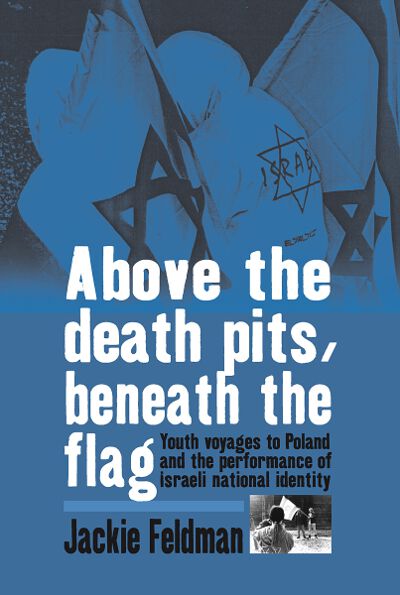 Published April 2008
Published April 2008 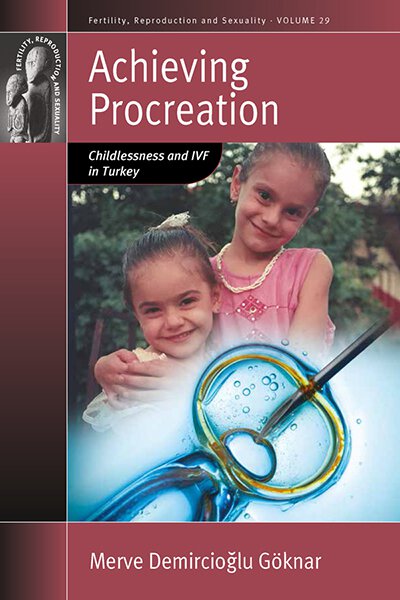 Published June 2015
Published June 2015 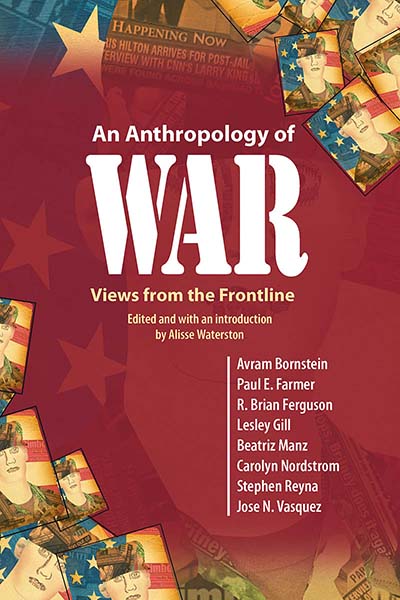 Published October 2008
Published October 2008 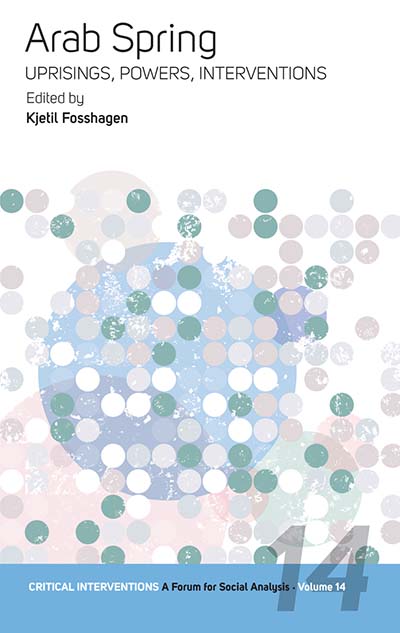 Published March 2014
Published March 2014  Forthcoming June 2026
Forthcoming June 2026 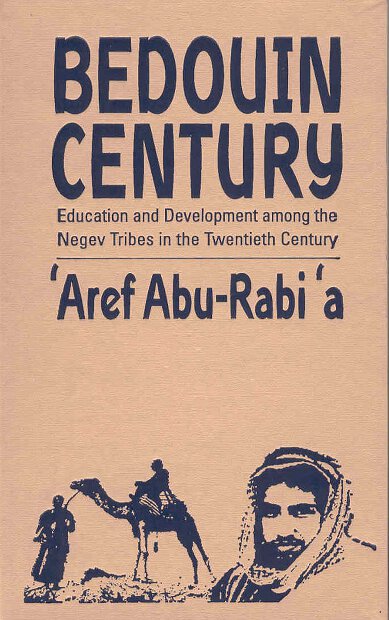 Published December 2001
Published December 2001 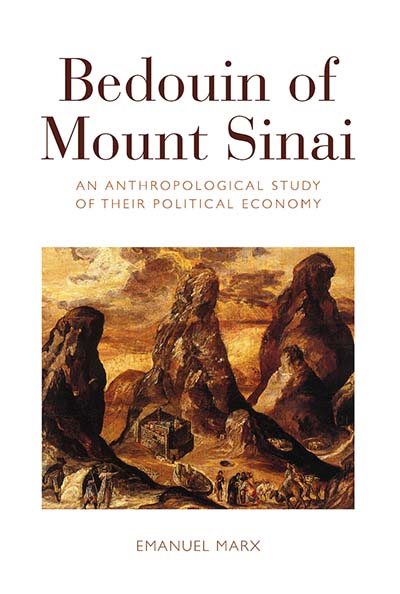 Published June 2013
Published June 2013 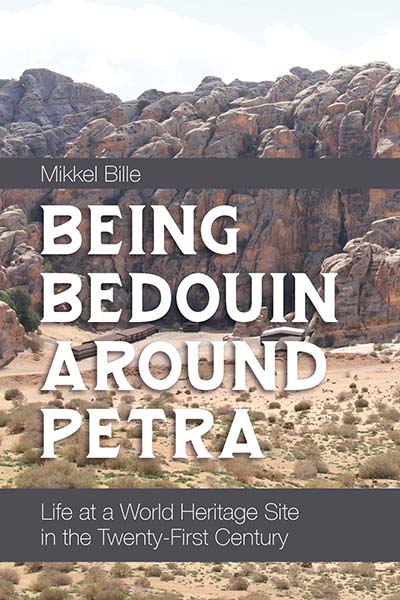 Published January 2019
Published January 2019  Published November 2024
Published November 2024 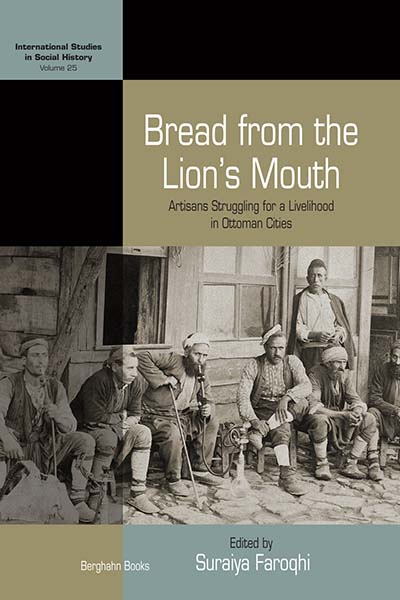 Published March 2015
Published March 2015 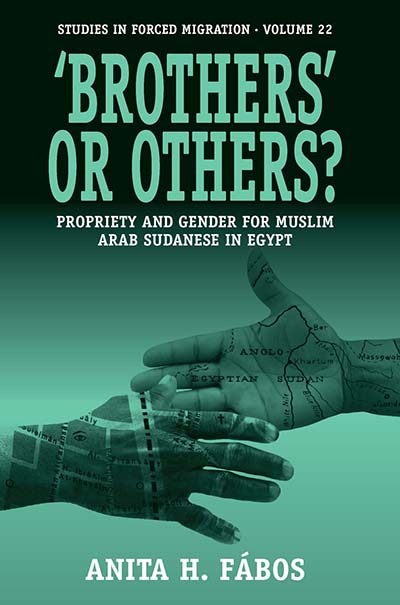 Published March 2008
Published March 2008 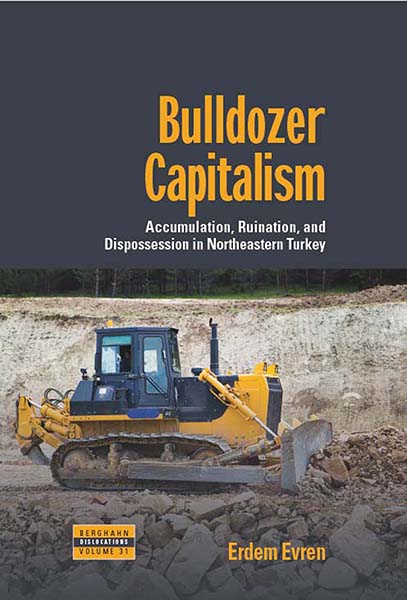 Published May 2022
Published May 2022 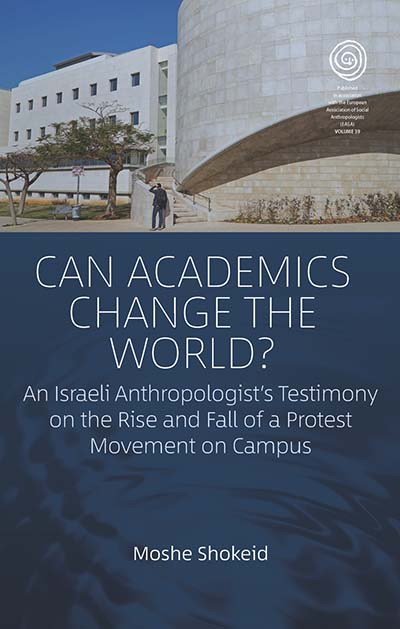 Published May 2020
Published May 2020 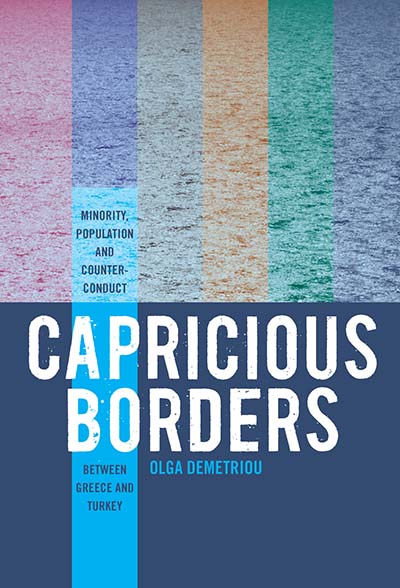 Published April 2013
Published April 2013 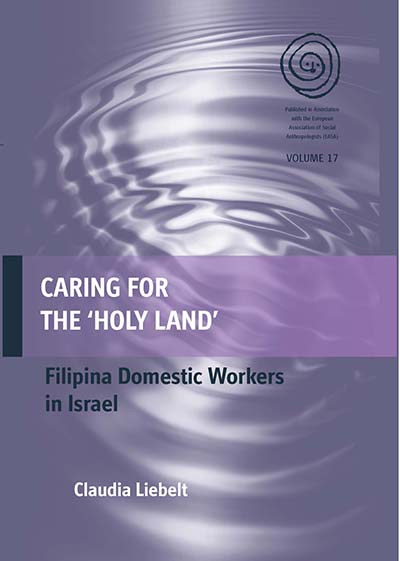 Published November 2011
Published November 2011 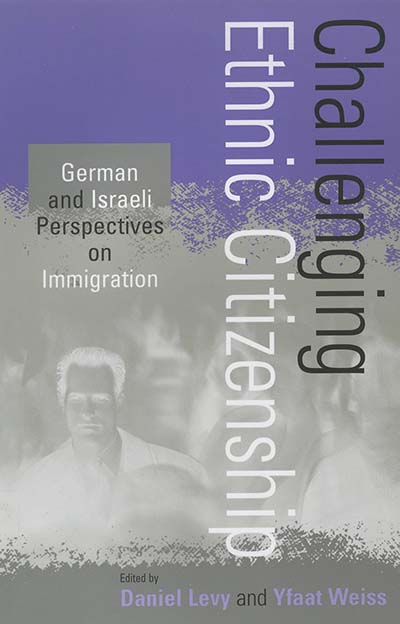 Published May 2002
Published May 2002 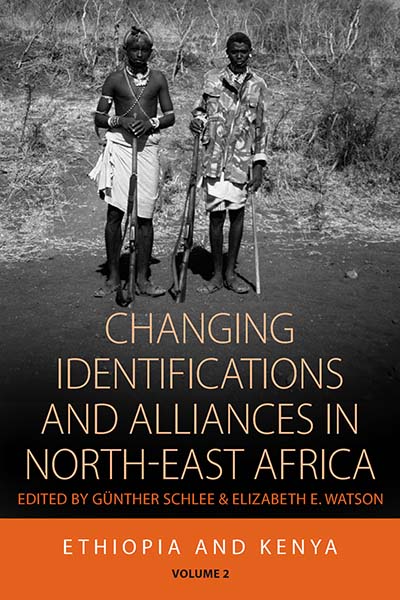 Published October 2009
Published October 2009 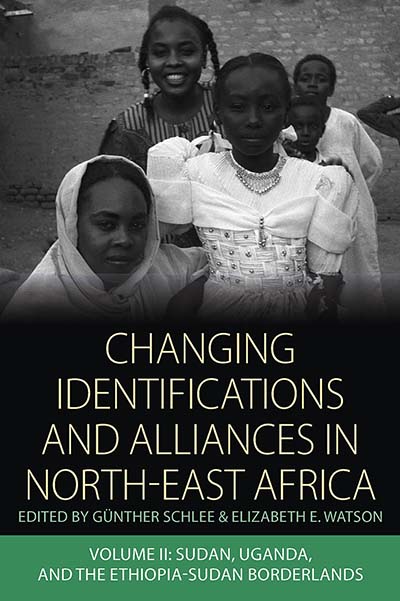 Published November 2009
Published November 2009 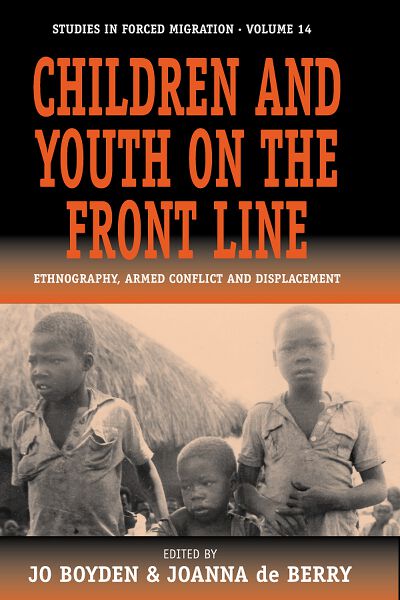 Published June 2004
Published June 2004 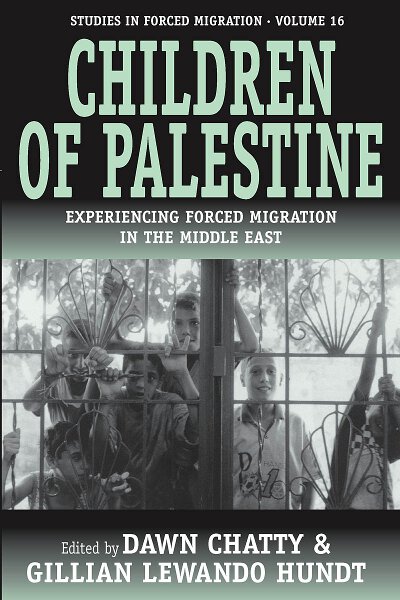 Published March 2005
Published March 2005 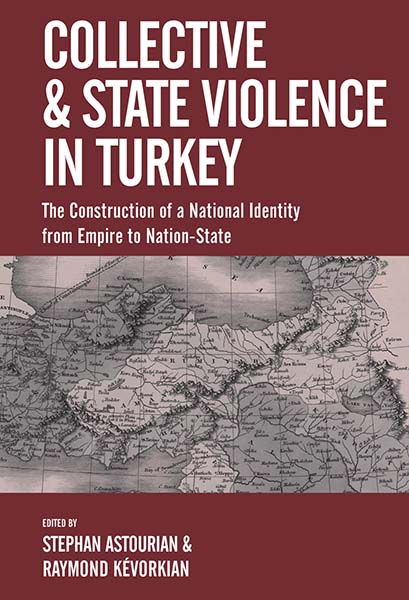 Published November 2020
Published November 2020  Published January 2026
Published January 2026  Published May 2025
Published May 2025 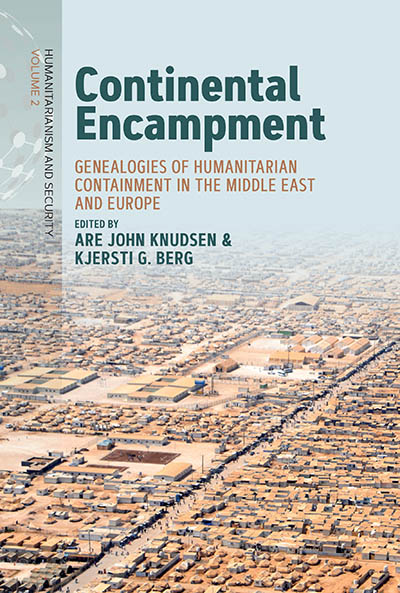 Published February 2023
Published February 2023 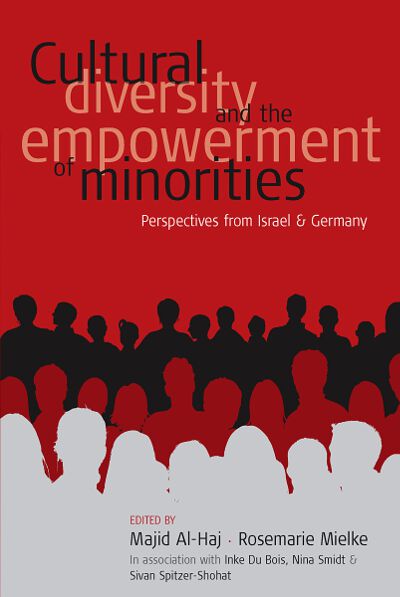 Published December 2007
Published December 2007 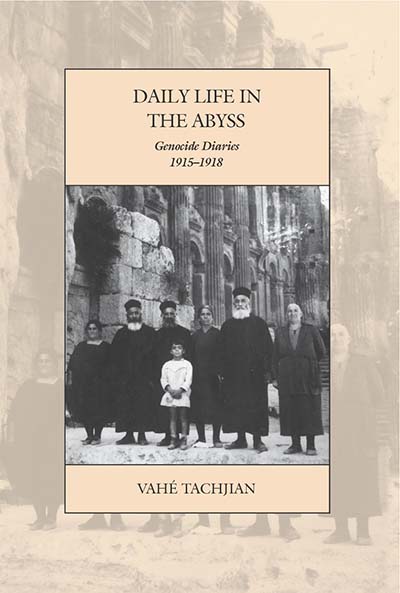 Published May 2017
Published May 2017 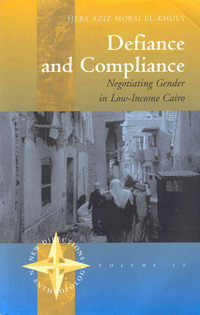 Published December 2002
Published December 2002 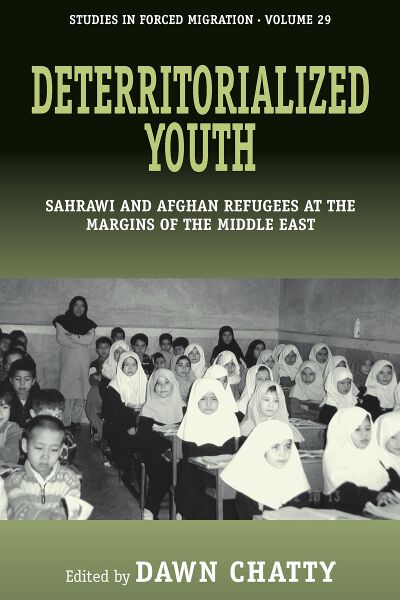 Published April 2010
Published April 2010 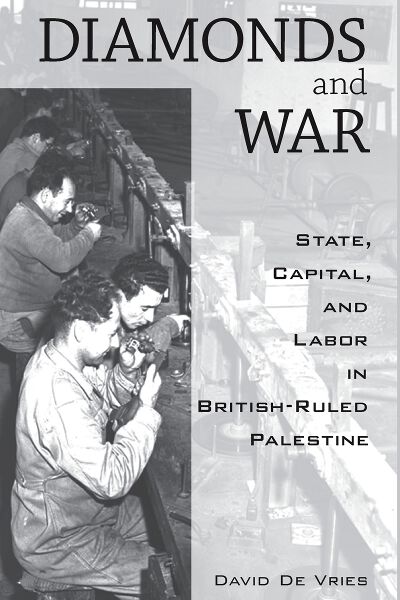 Published April 2010
Published April 2010 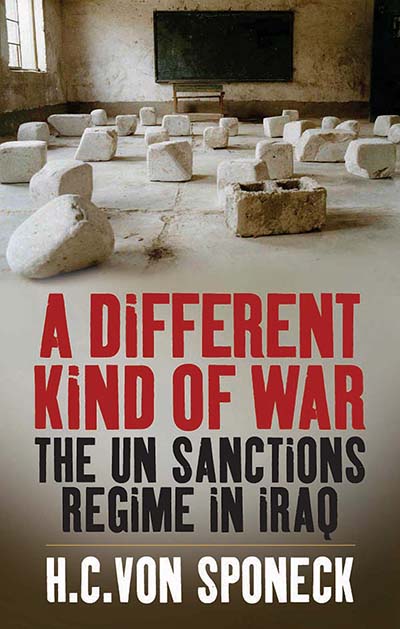 Published October 2006
Published October 2006 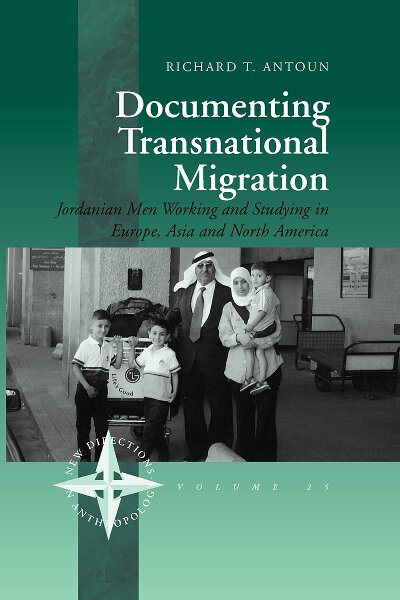 Published July 2005
Published July 2005 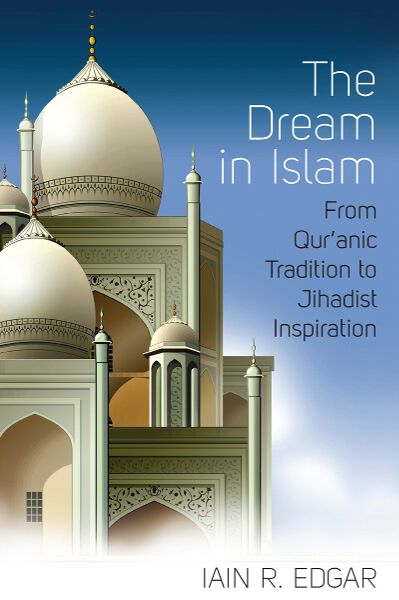 Published May 2011
Published May 2011 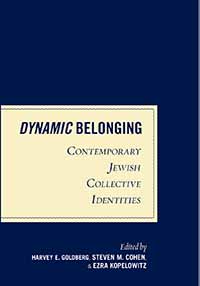 Published December 2011
Published December 2011 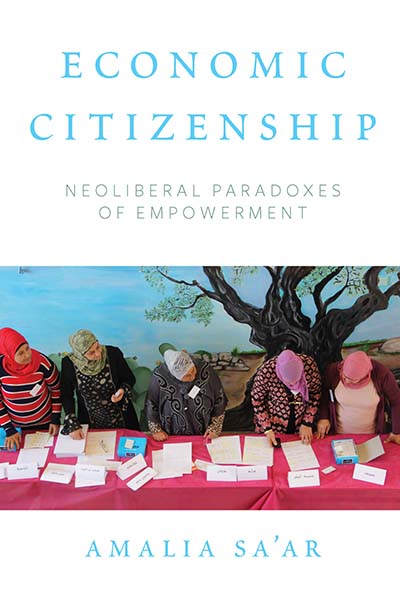 Published July 2016
Published July 2016 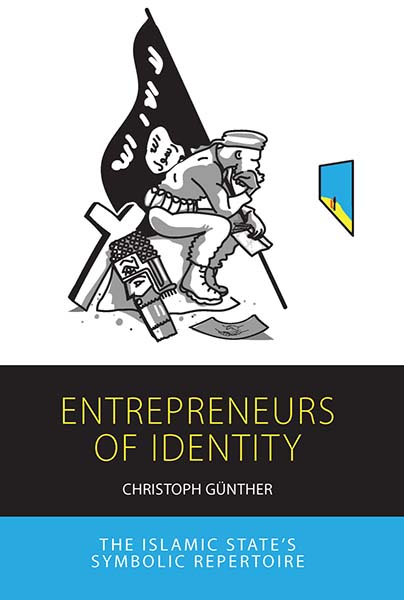 Published January 2022
Published January 2022 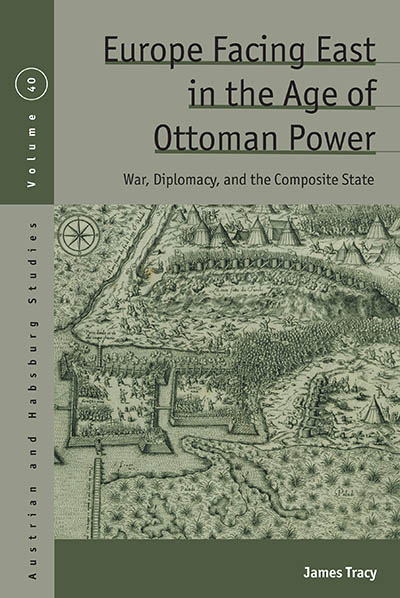 Published December 2025
Published December 2025 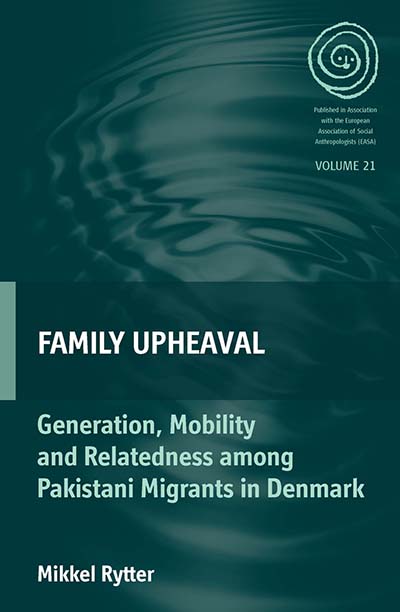 Published June 2013
Published June 2013 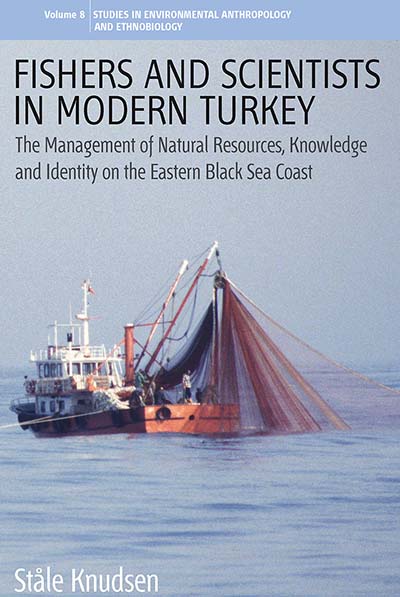 Published December 2008
Published December 2008 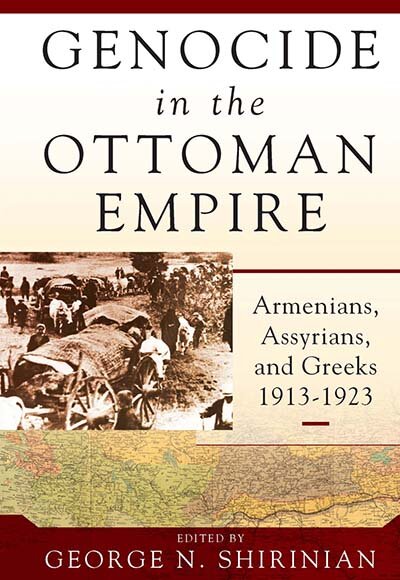 Published February 2017
Published February 2017  Published July 2025
Published July 2025 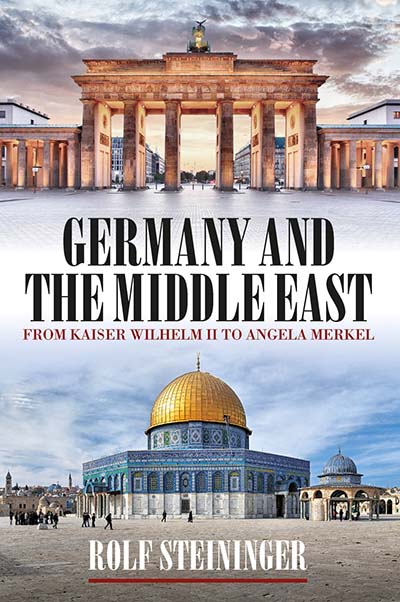 Published December 2018
Published December 2018 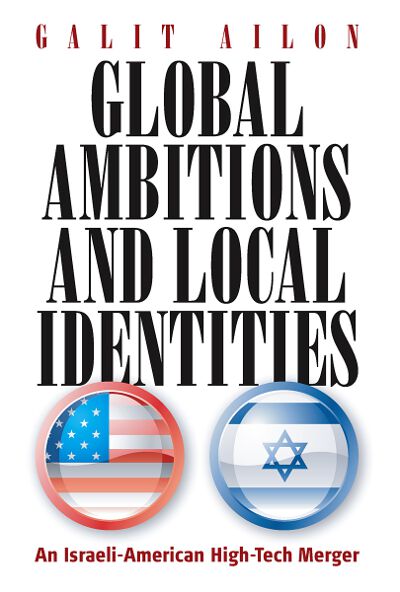 Published June 2007
Published June 2007 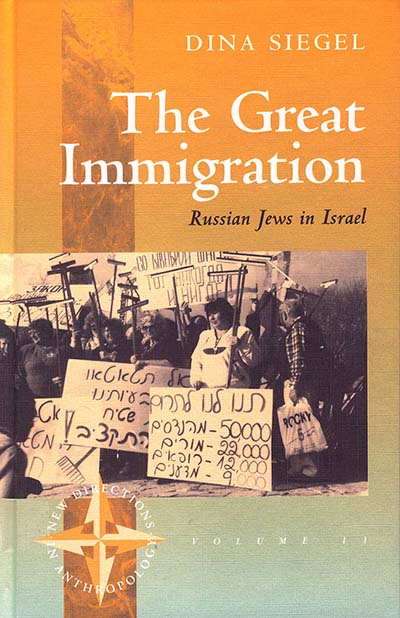 Published November 1998
Published November 1998 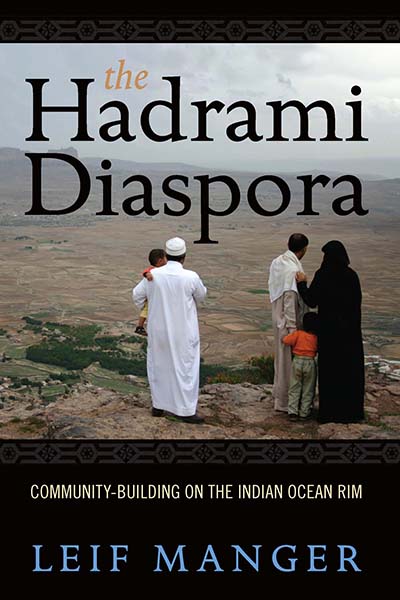 Published September 2010
Published September 2010 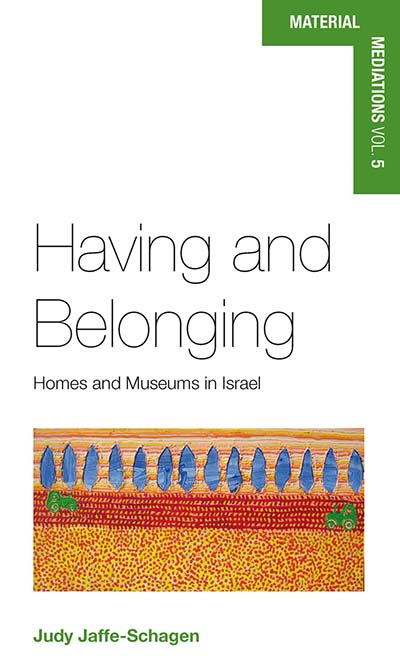 Published April 2016
Published April 2016 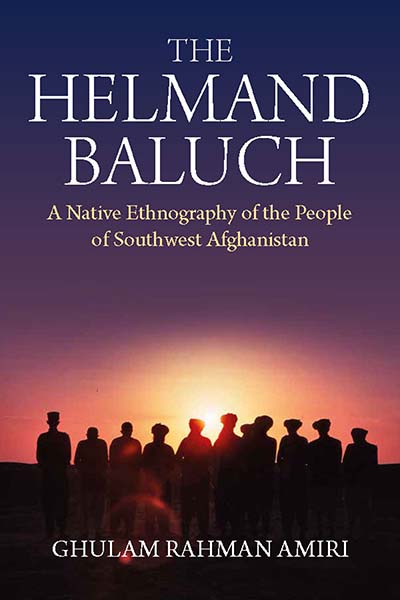 Published November 2020
Published November 2020 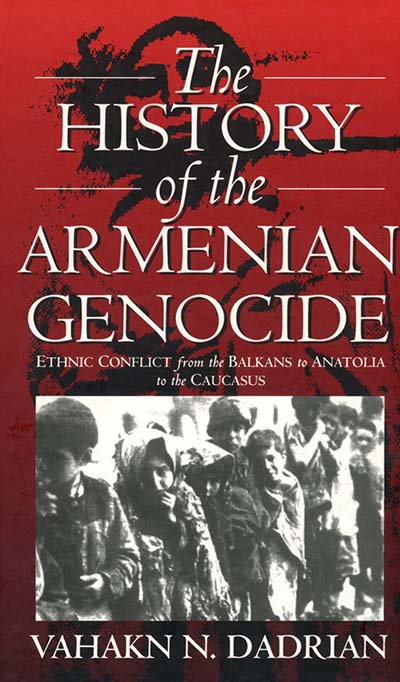 Published December 2003
Published December 2003 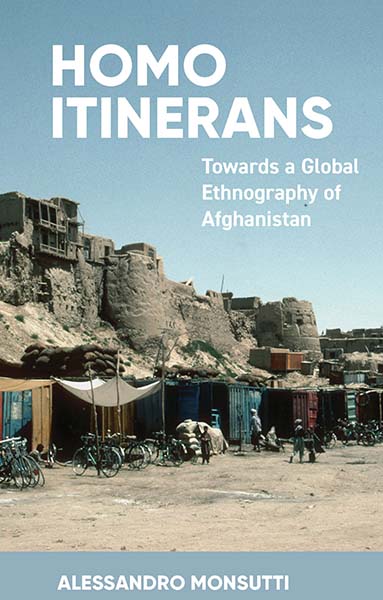 Published November 2020
Published November 2020 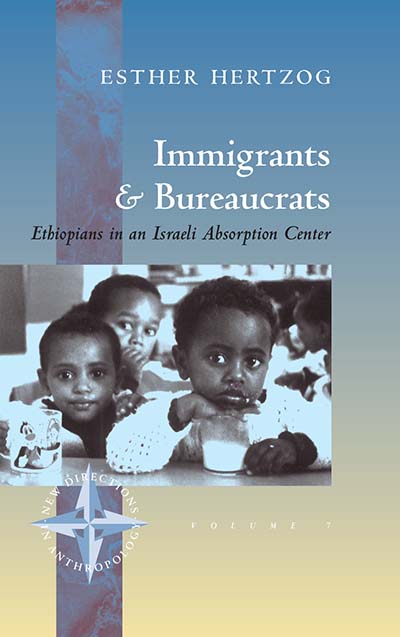 Published February 1999
Published February 1999 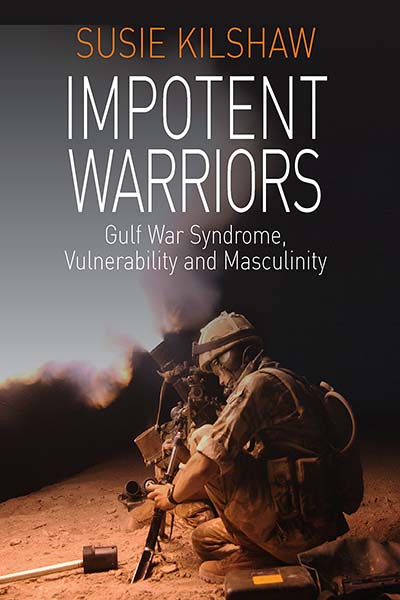 Published December 2008
Published December 2008 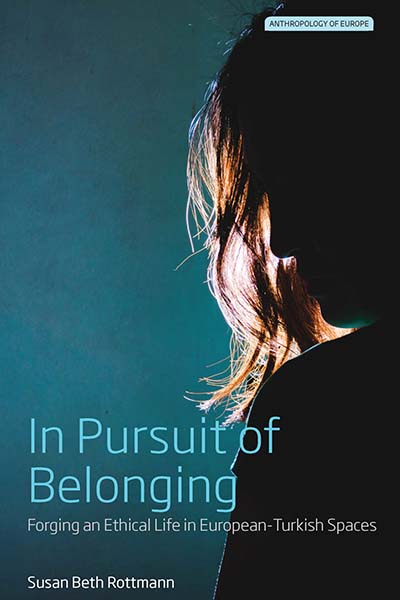 Published June 2019
Published June 2019 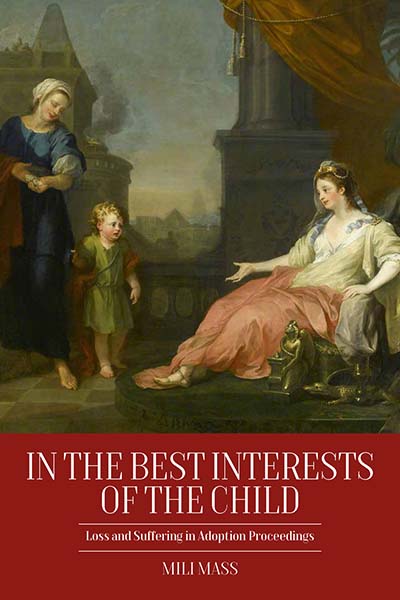 Published May 2018
Published May 2018 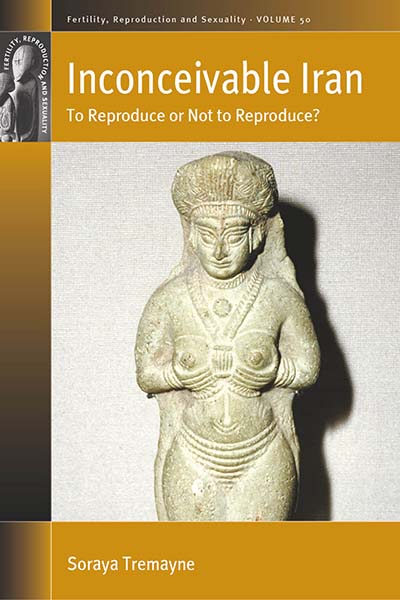 Published October 2022
Published October 2022 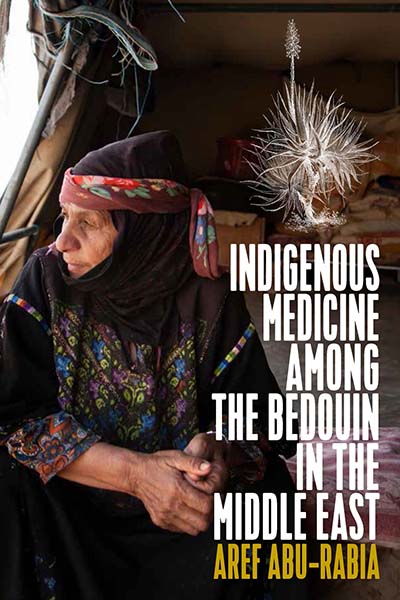 Published October 2015
Published October 2015 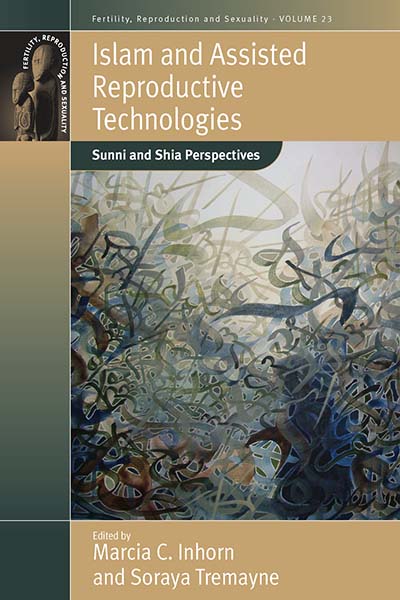 Published July 2012
Published July 2012 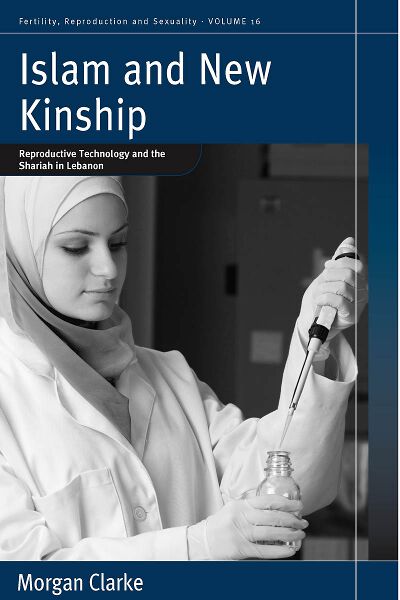 Published June 2009
Published June 2009 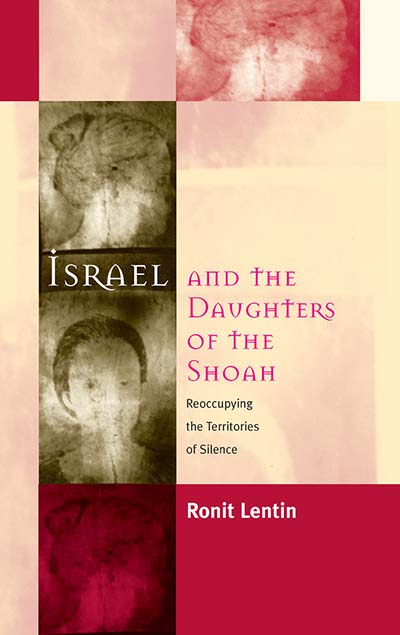 Published October 2000
Published October 2000 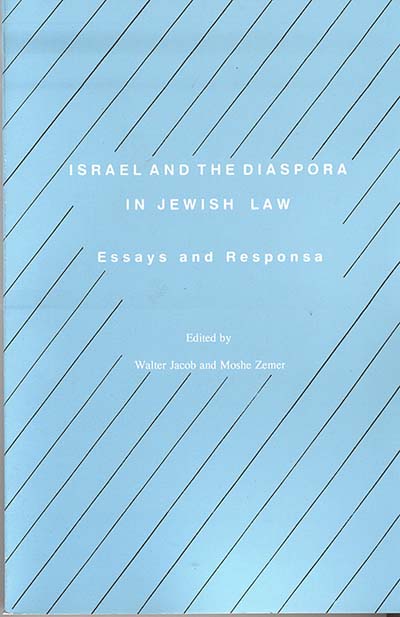 Published November 1997
Published November 1997 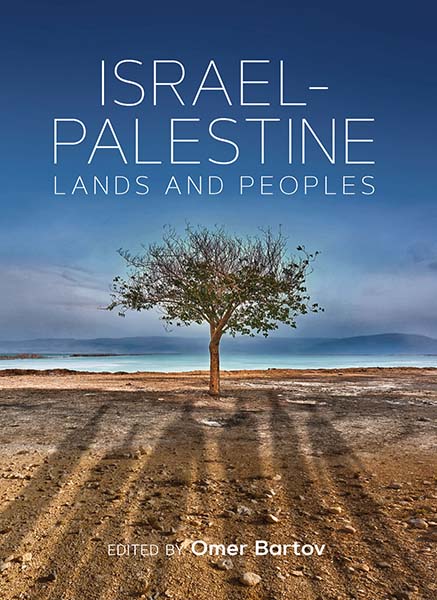 Published September 2021
Published September 2021 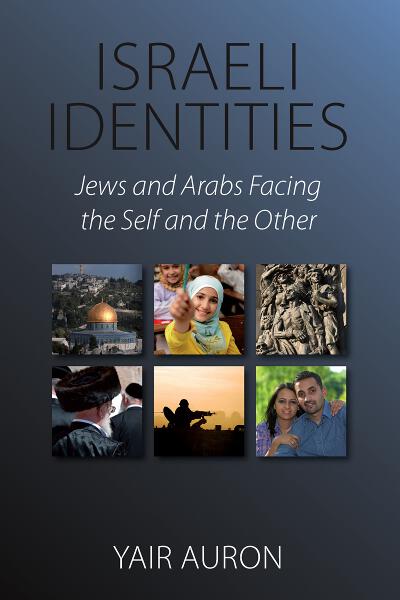 Published March 2012
Published March 2012 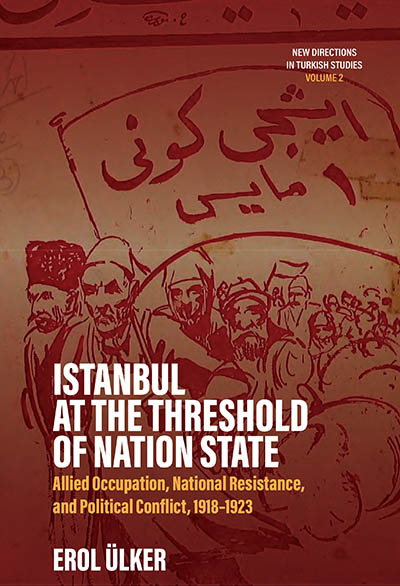 Published July 2024
Published July 2024 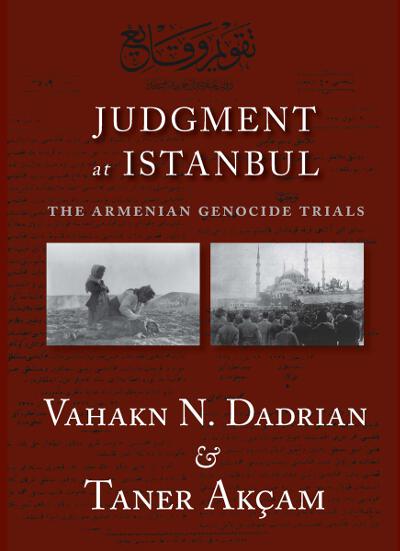 Published December 2011
Published December 2011 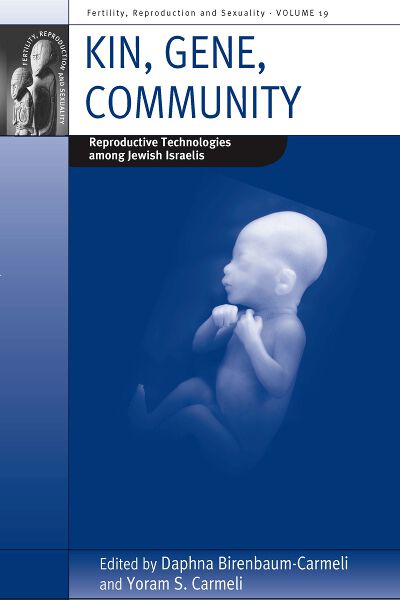 Published July 2010
Published July 2010 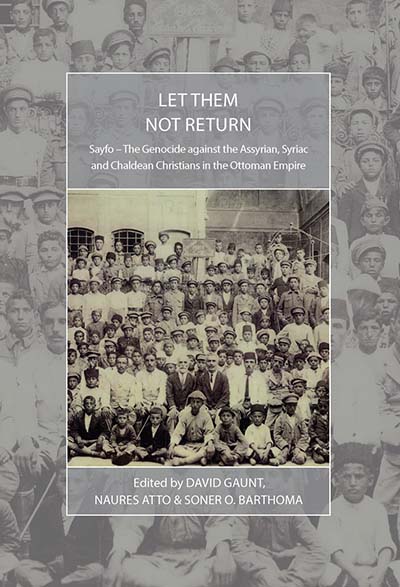 Published May 2017
Published May 2017 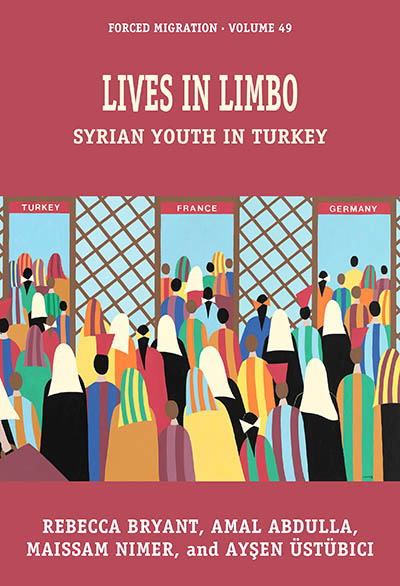 Published July 2024
Published July 2024 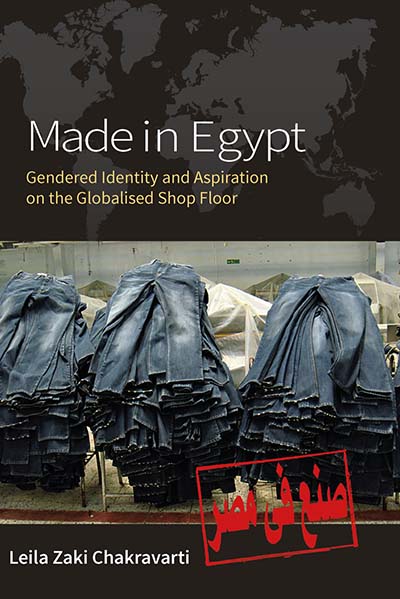 Published July 2016
Published July 2016 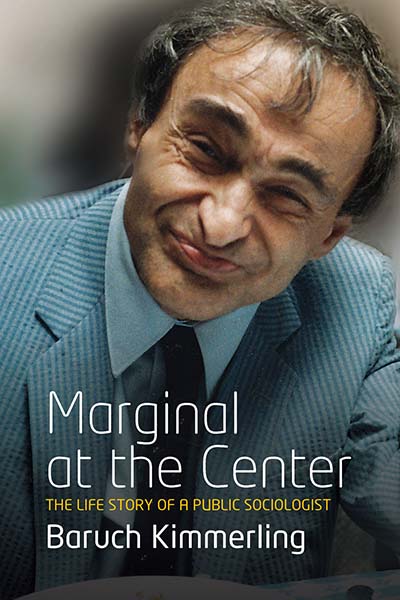 Published June 2012
Published June 2012 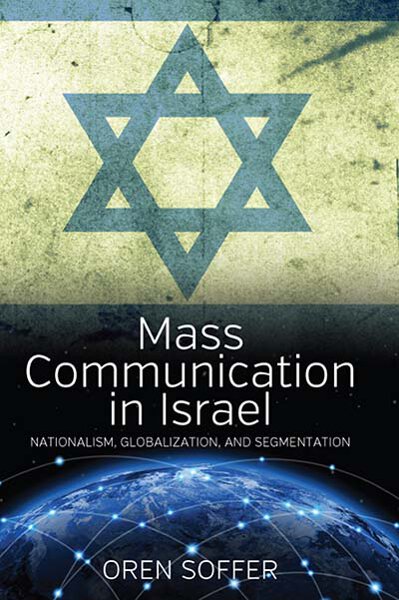 Published November 2014
Published November 2014 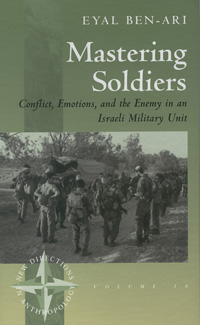 Published September 1998
Published September 1998 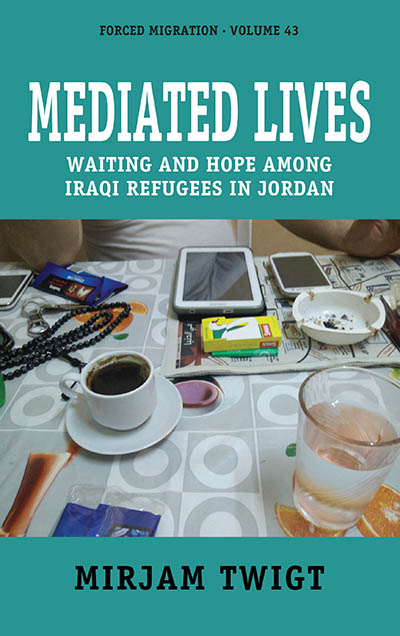 Published January 2022
Published January 2022 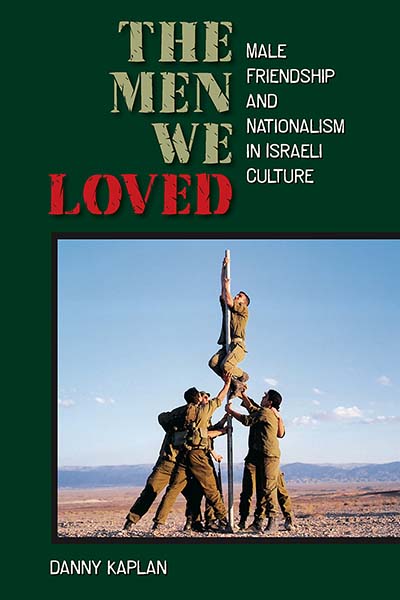 Published November 2006
Published November 2006  Published December 2025
Published December 2025 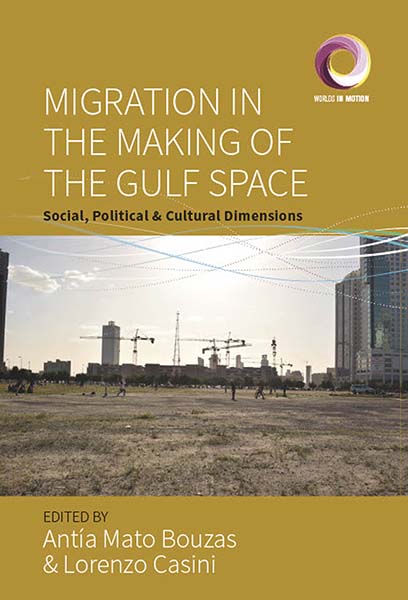 Published January 2022
Published January 2022 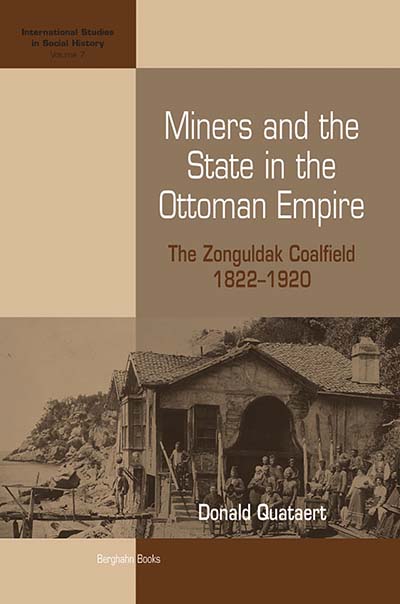 Published February 2006
Published February 2006 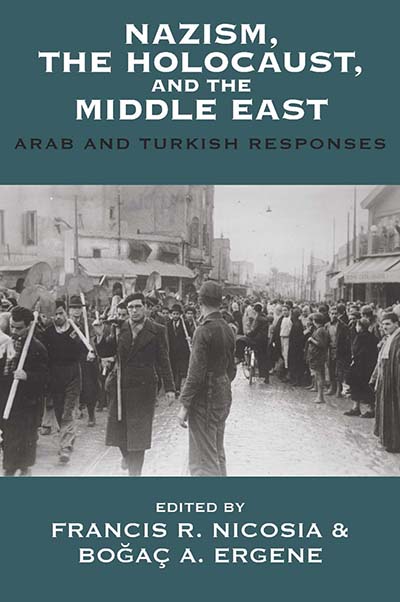 Published January 2018
Published January 2018 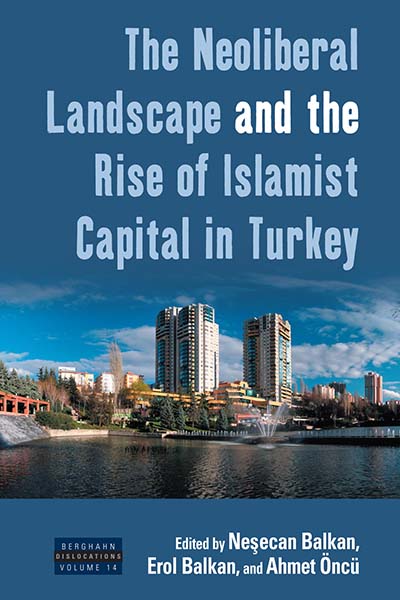 Published February 2015
Published February 2015 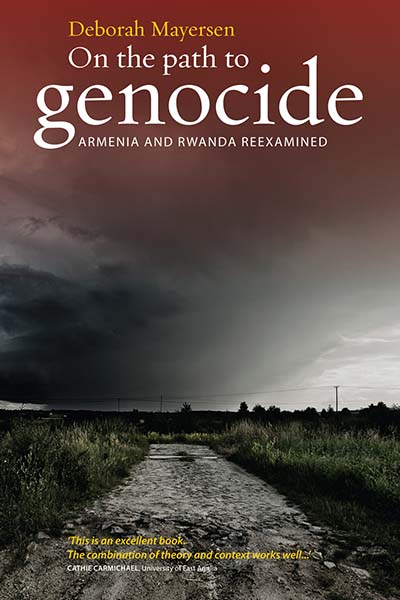 Published April 2014
Published April 2014 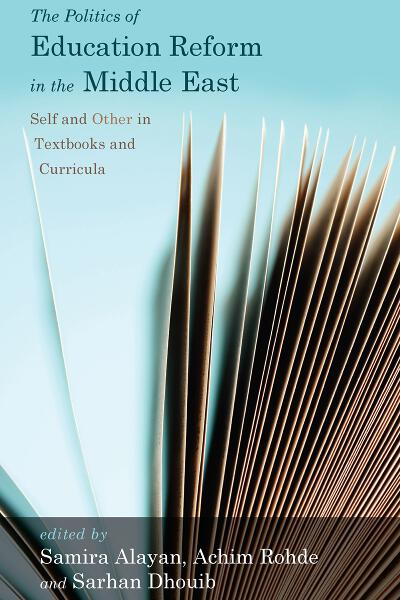 Published June 2012
Published June 2012 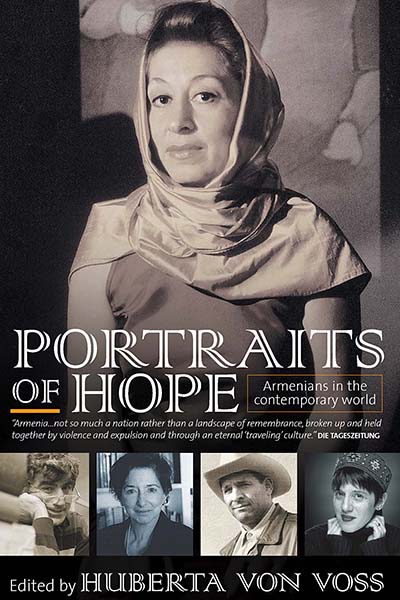 Published June 2007
Published June 2007 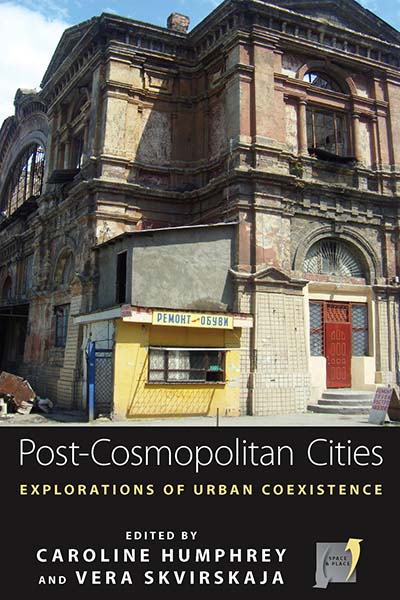 Published August 2012
Published August 2012 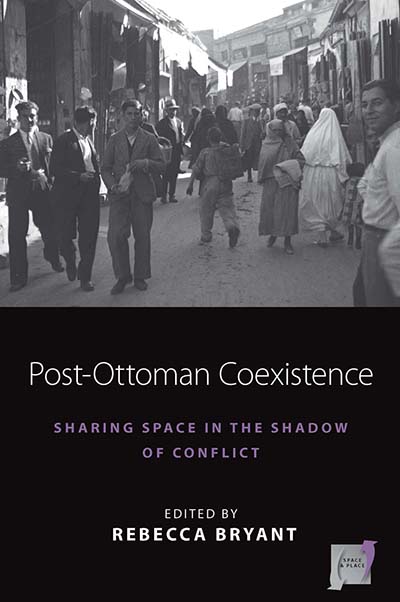 Published March 2016
Published March 2016 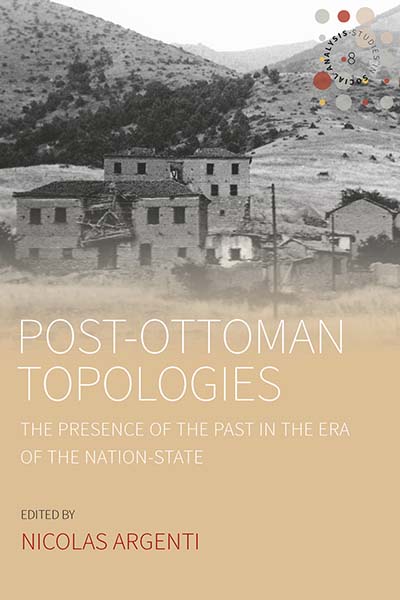 Published April 2019
Published April 2019 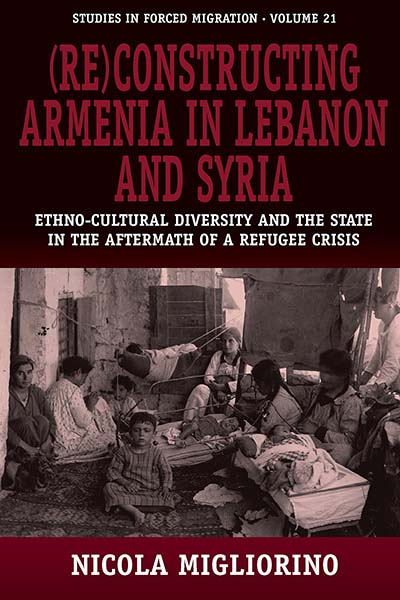 Published June 2008
Published June 2008 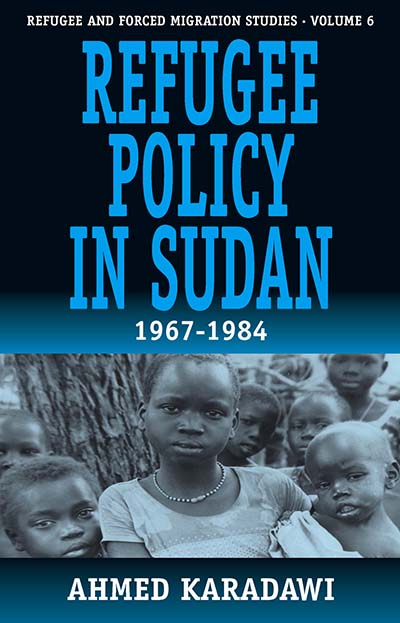 Published April 1999
Published April 1999 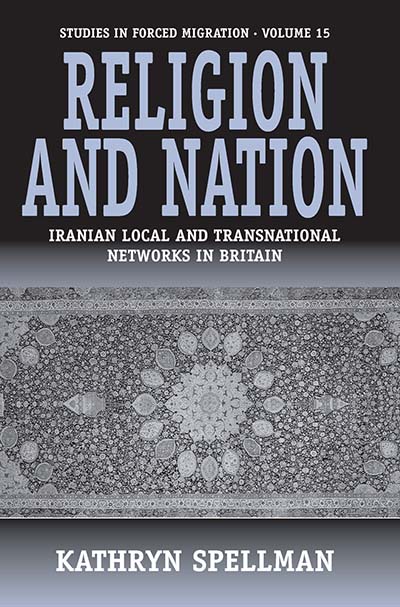 Published October 2004
Published October 2004 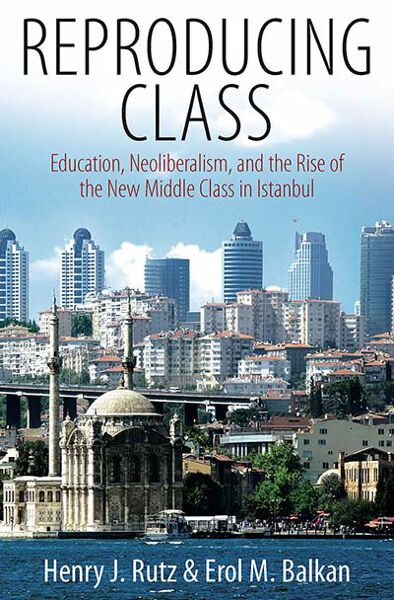 Published February 2009
Published February 2009 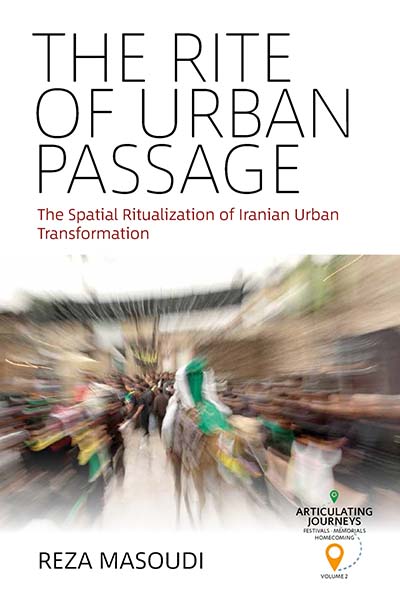 Published August 2018
Published August 2018 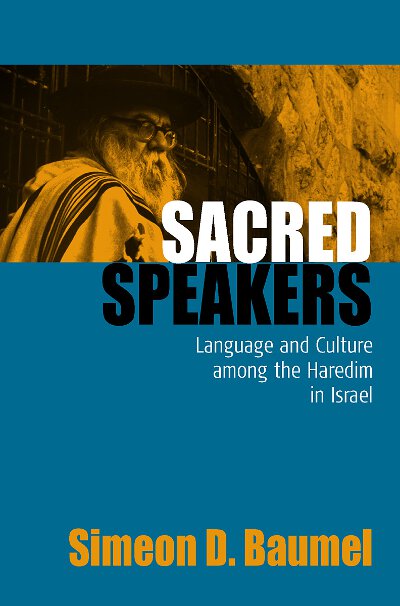 Published January 2006
Published January 2006 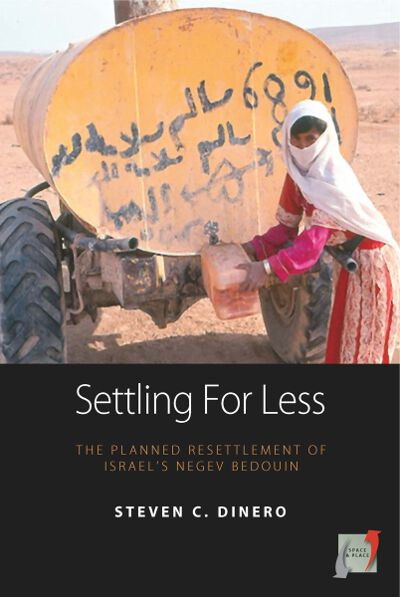 Published November 2010
Published November 2010 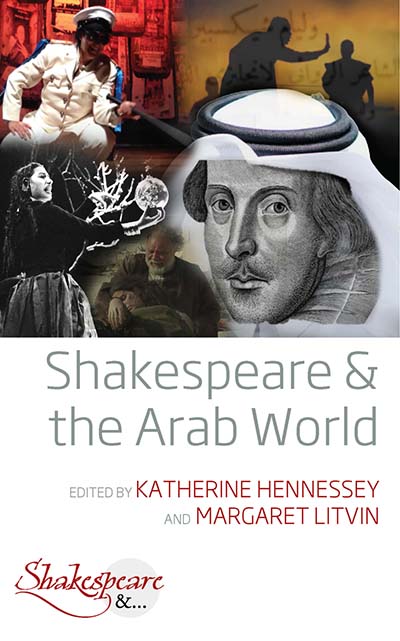 Published July 2019
Published July 2019 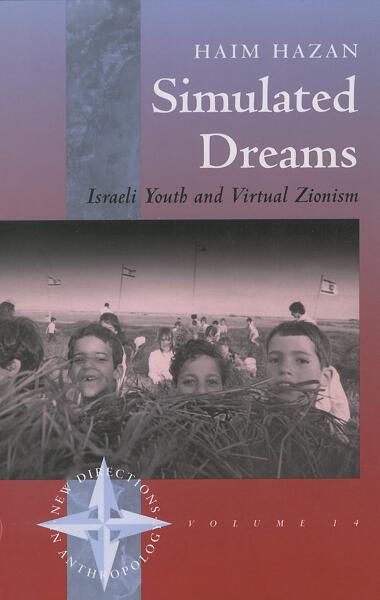 Published December 2001
Published December 2001 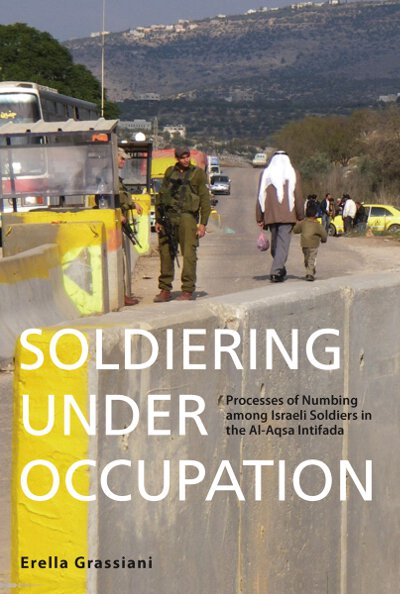 Published July 2013
Published July 2013 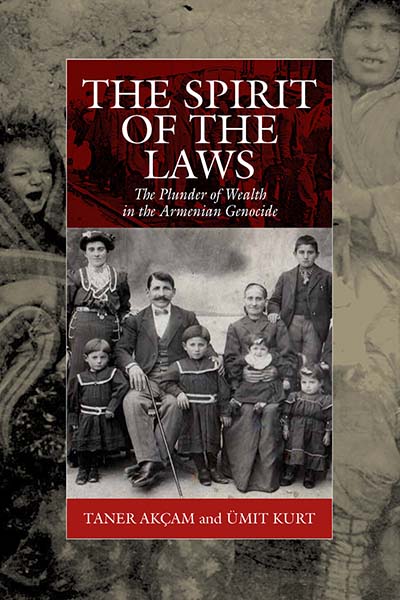 Published July 2015
Published July 2015 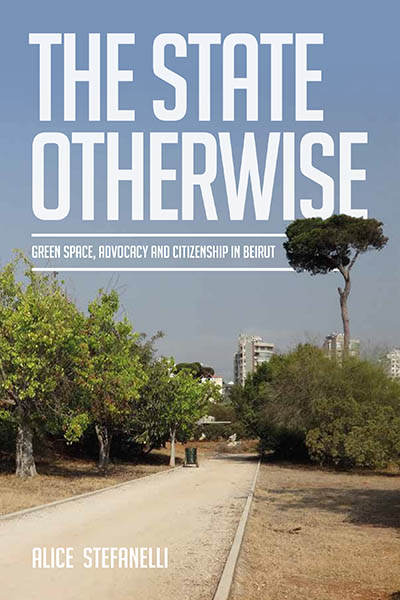 Published August 2024
Published August 2024 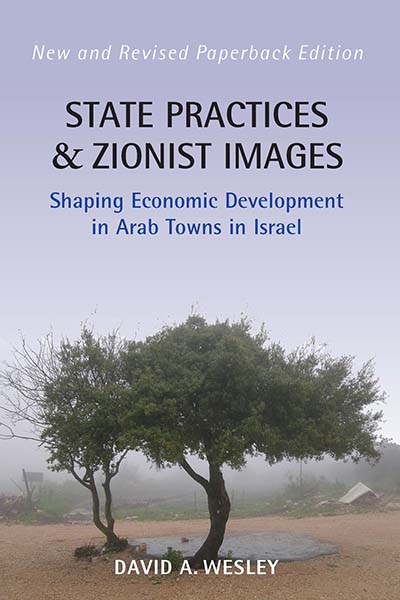 Published January 2013
Published January 2013  Published July 2015
Published July 2015 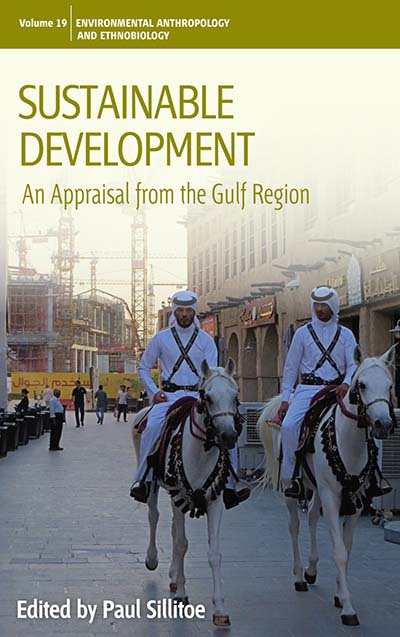 Published August 2014
Published August 2014  Published December 2025
Published December 2025 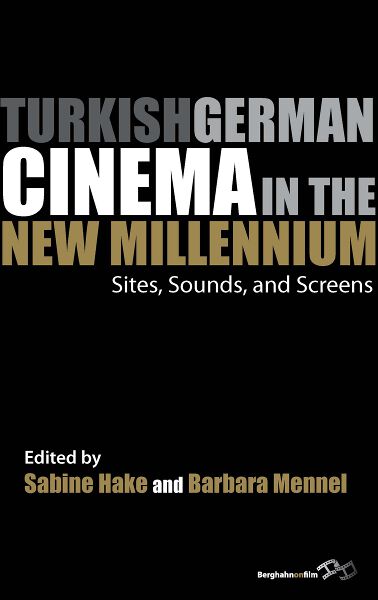 Published October 2012
Published October 2012 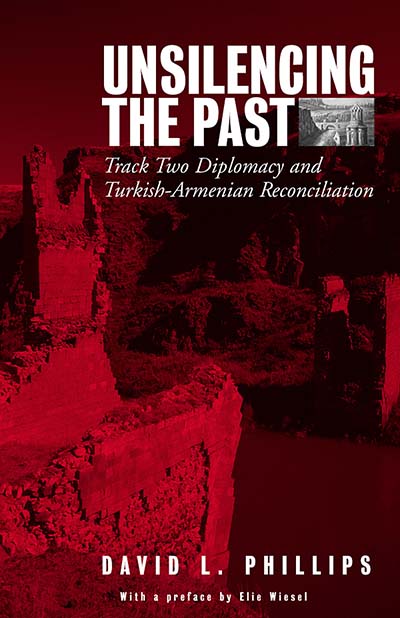 Published February 2005
Published February 2005 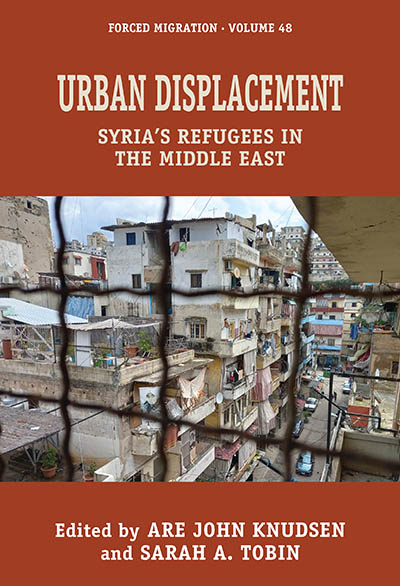 Published March 2024
Published March 2024 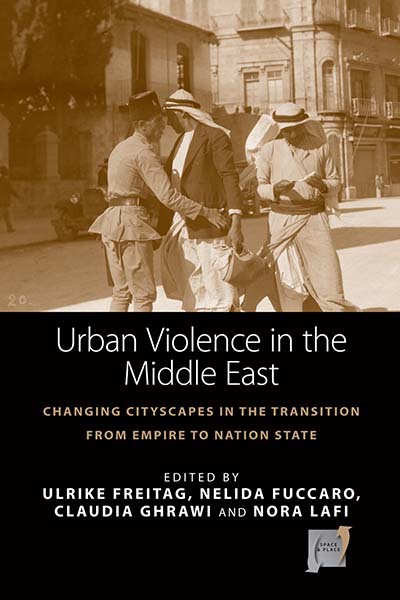 Published March 2015
Published March 2015 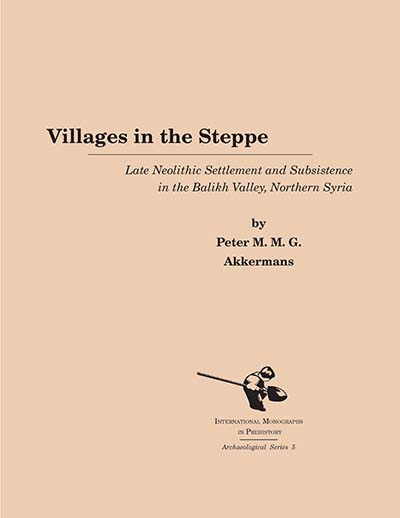 Published December 1993
Published December 1993 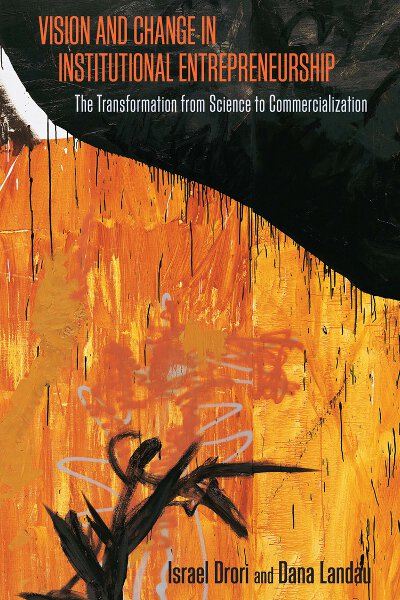 Published March 2011
Published March 2011 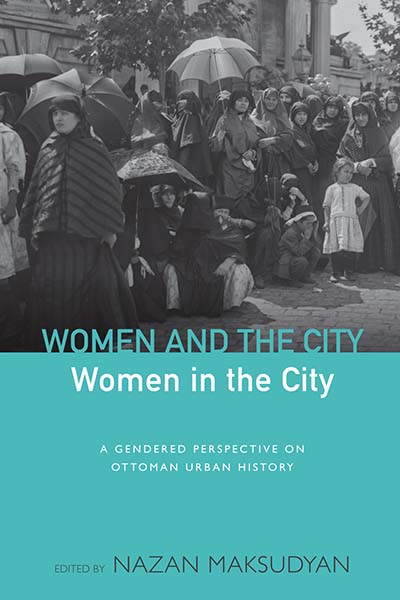 Published September 2014
Published September 2014 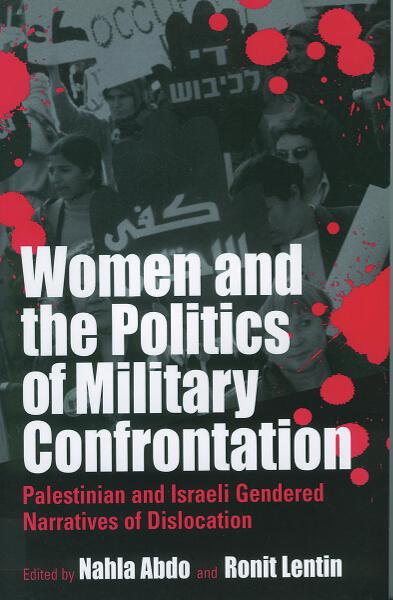 Published June 2002
Published June 2002  Published April 2025
Published April 2025 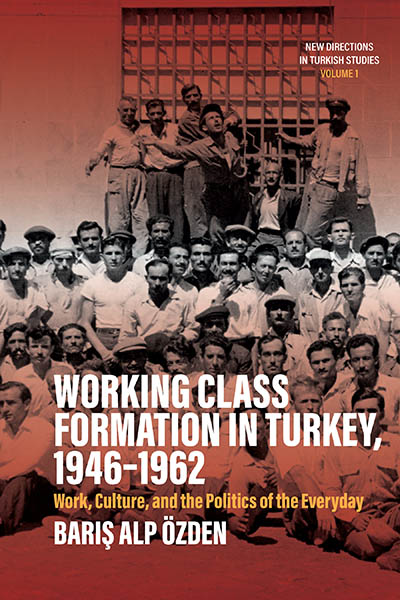 Published February 2024
Published February 2024